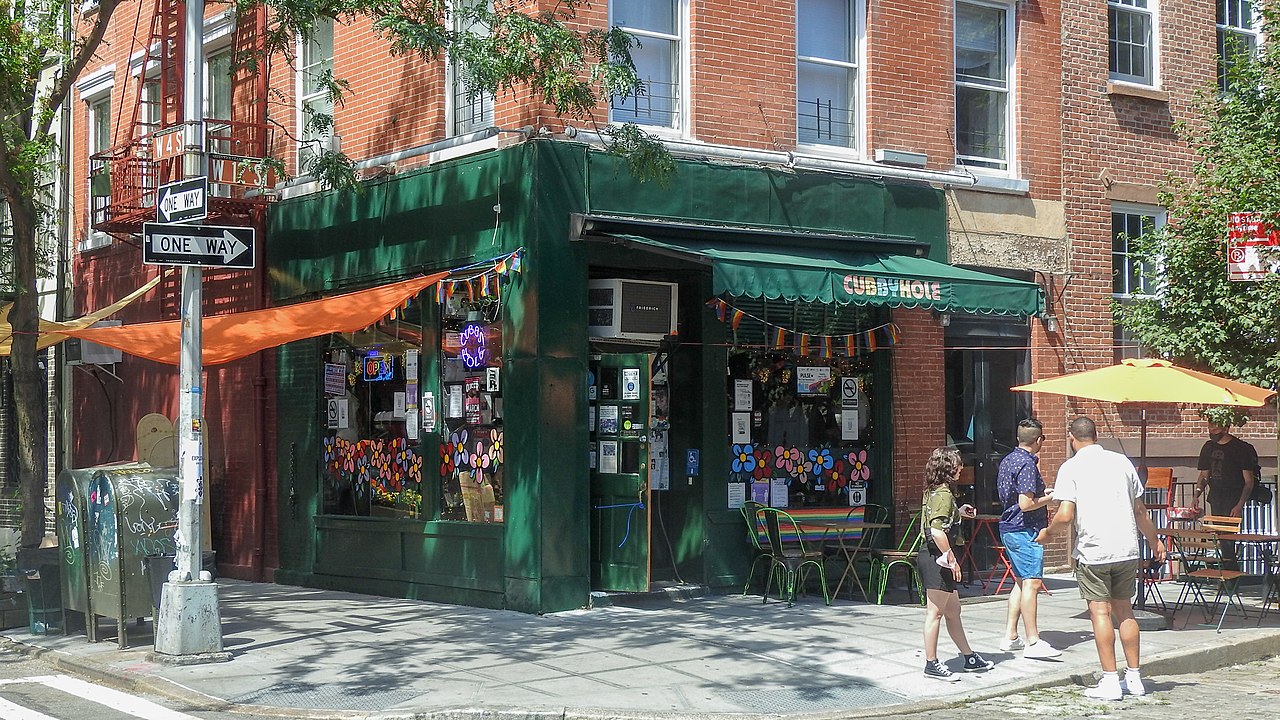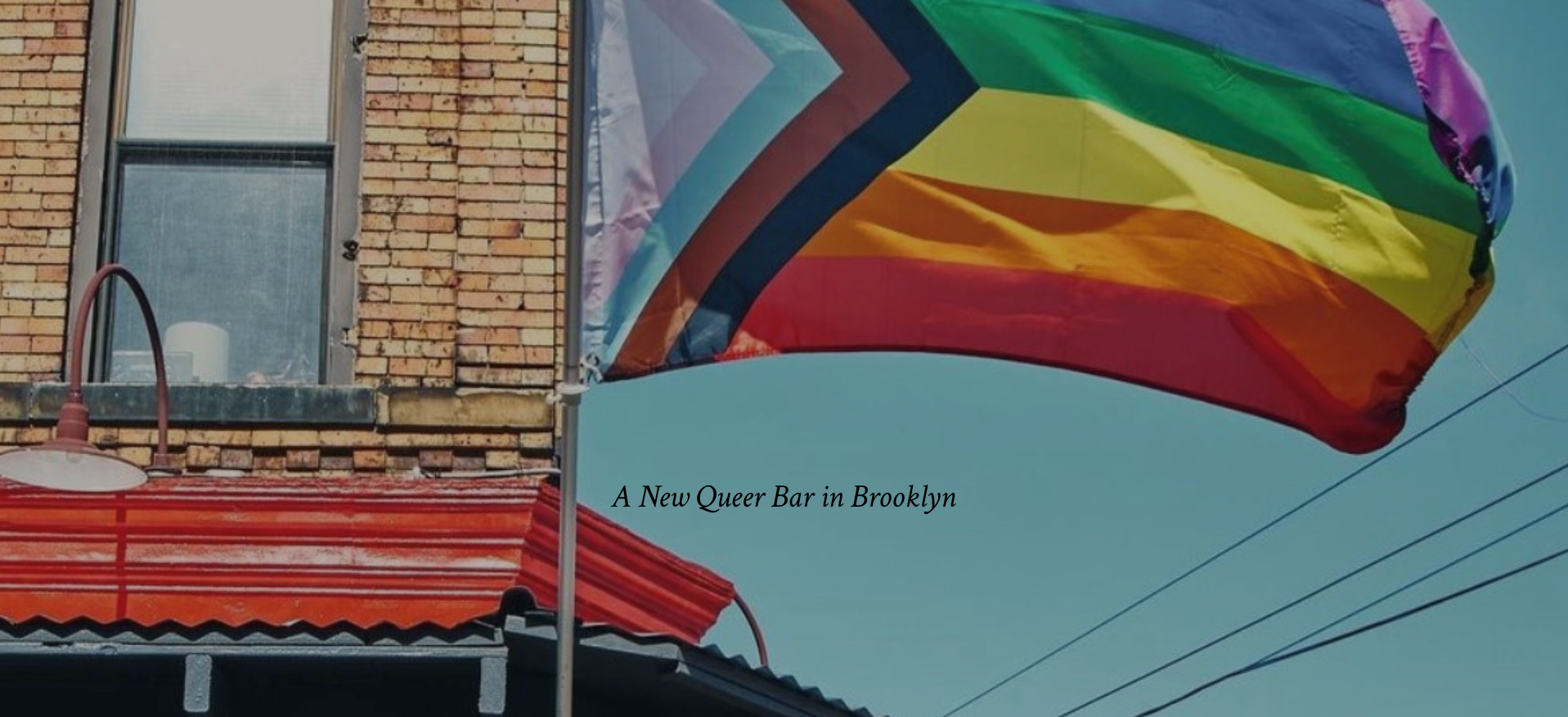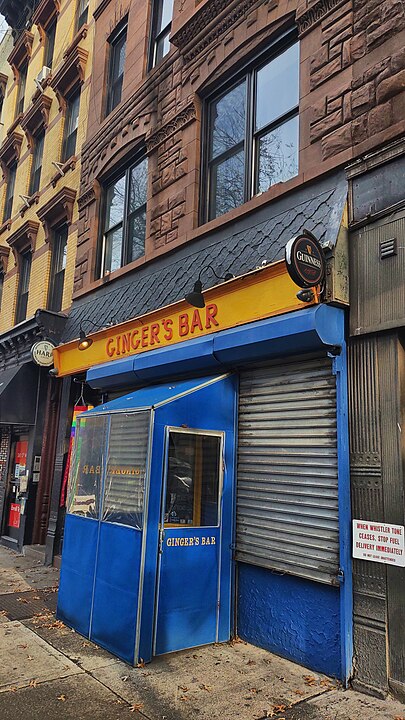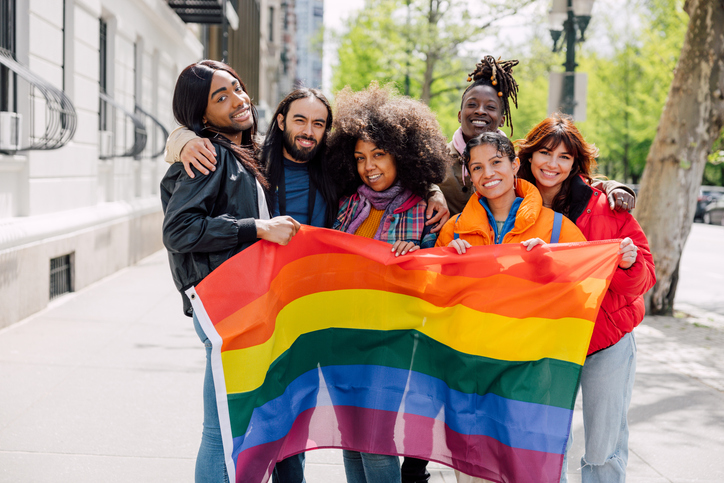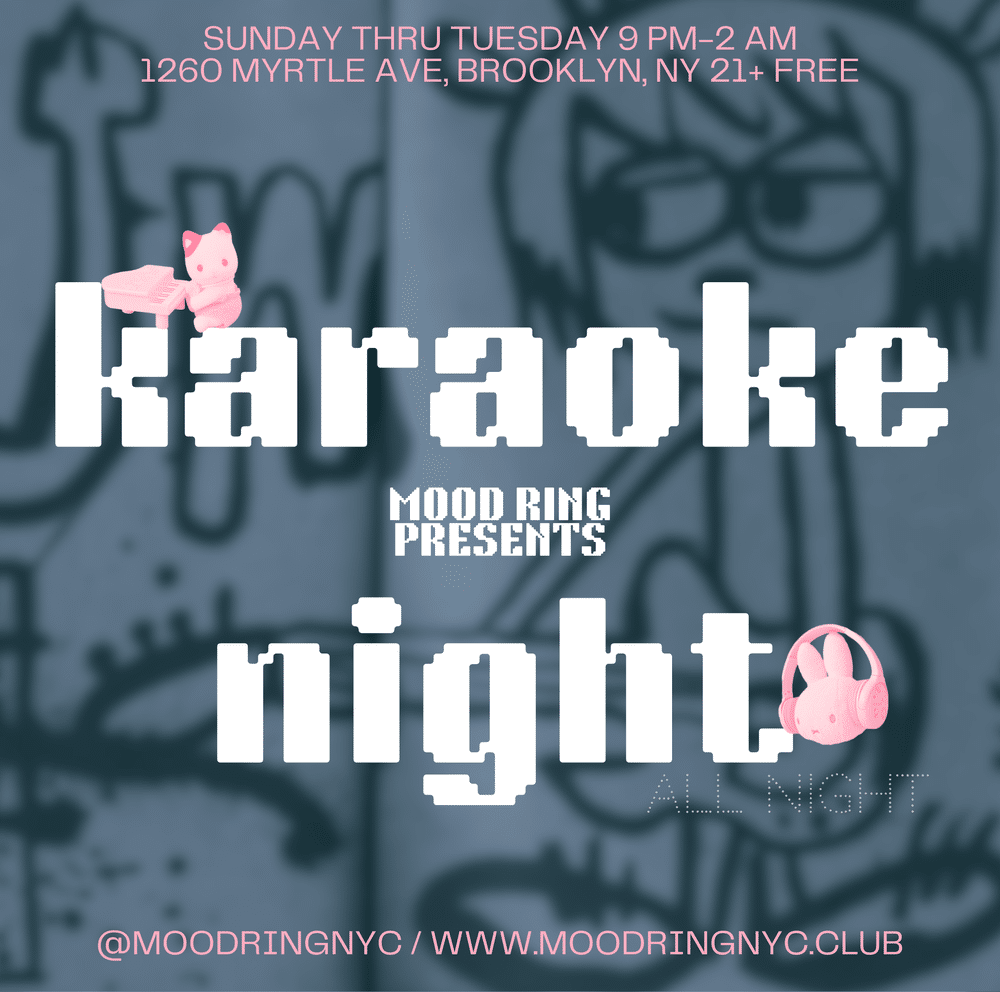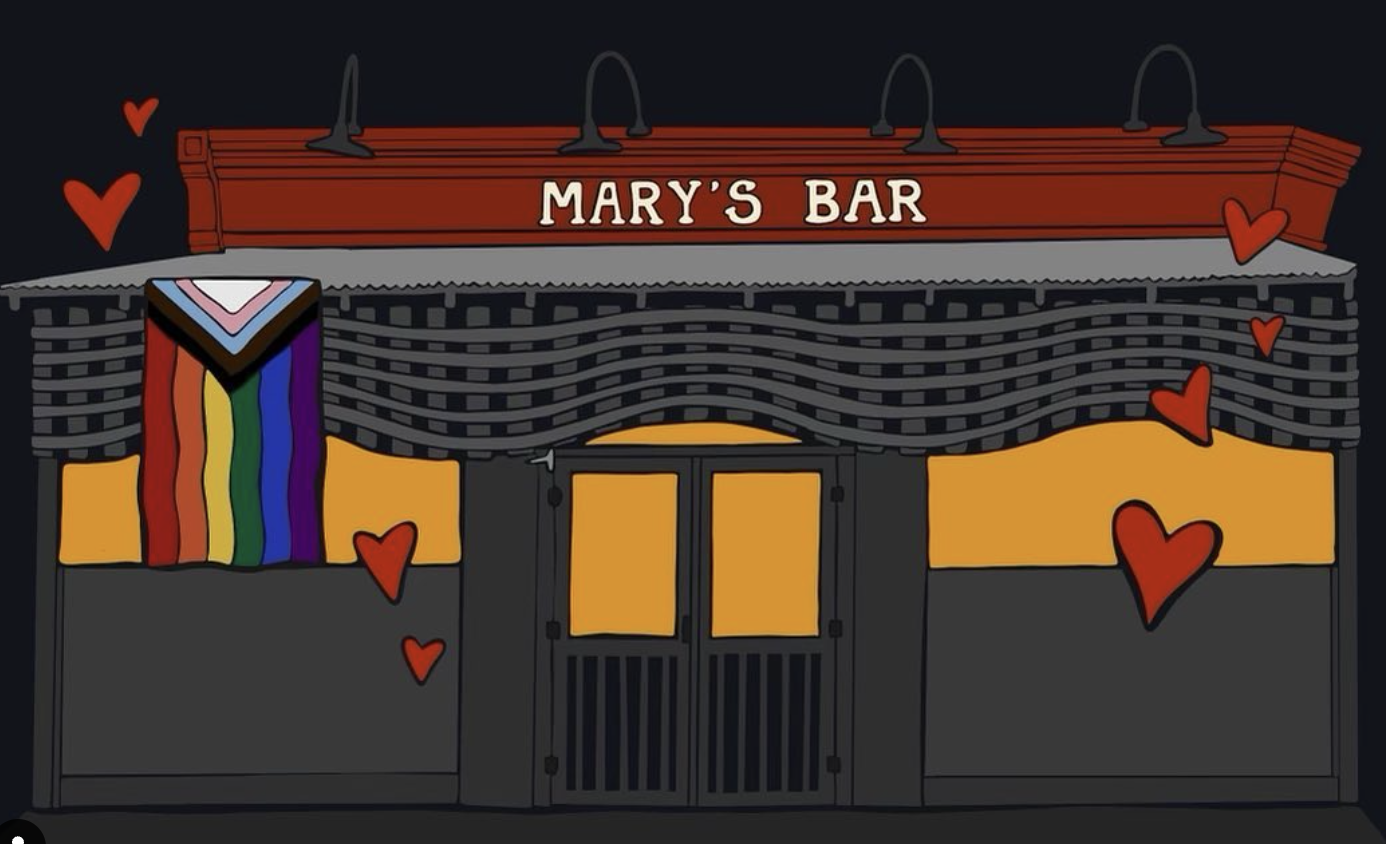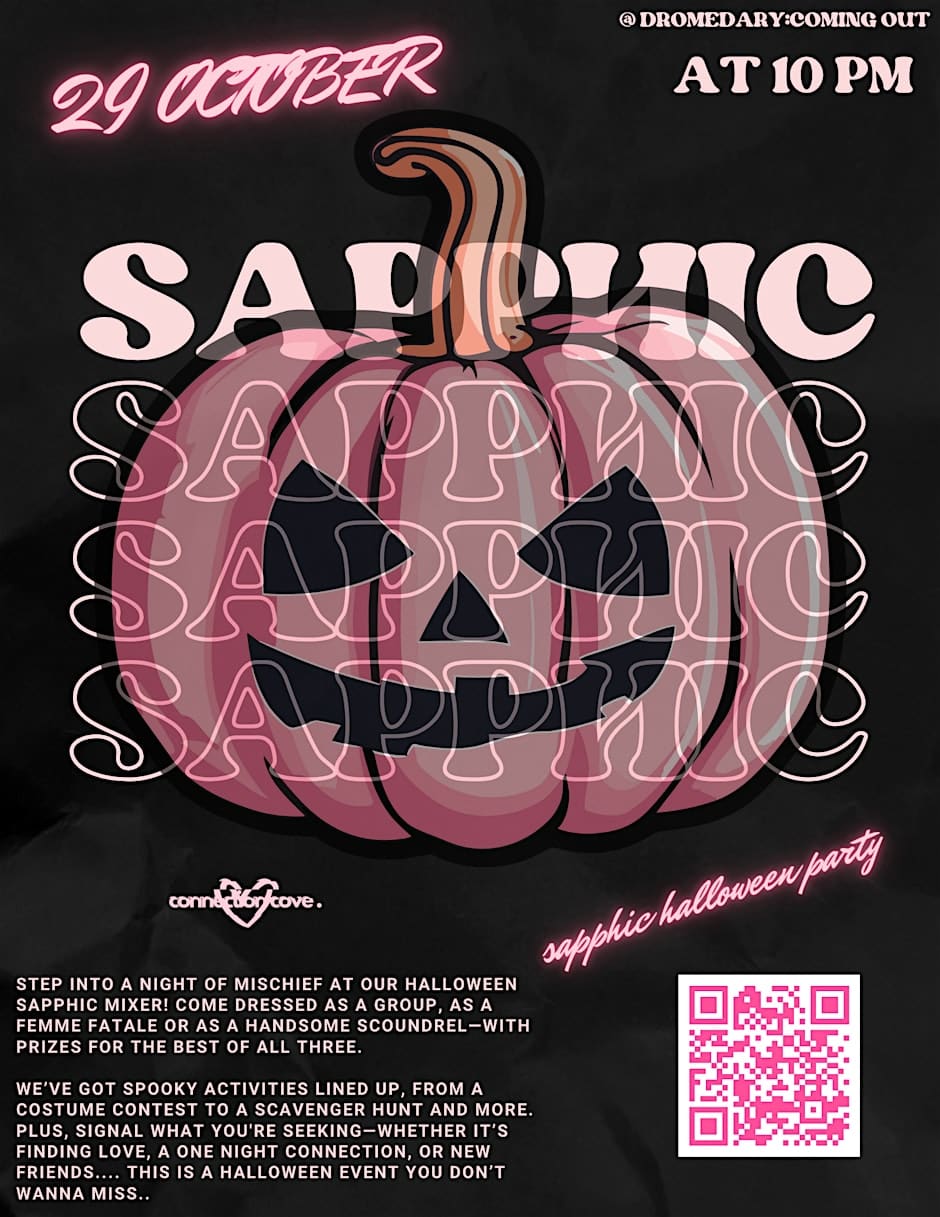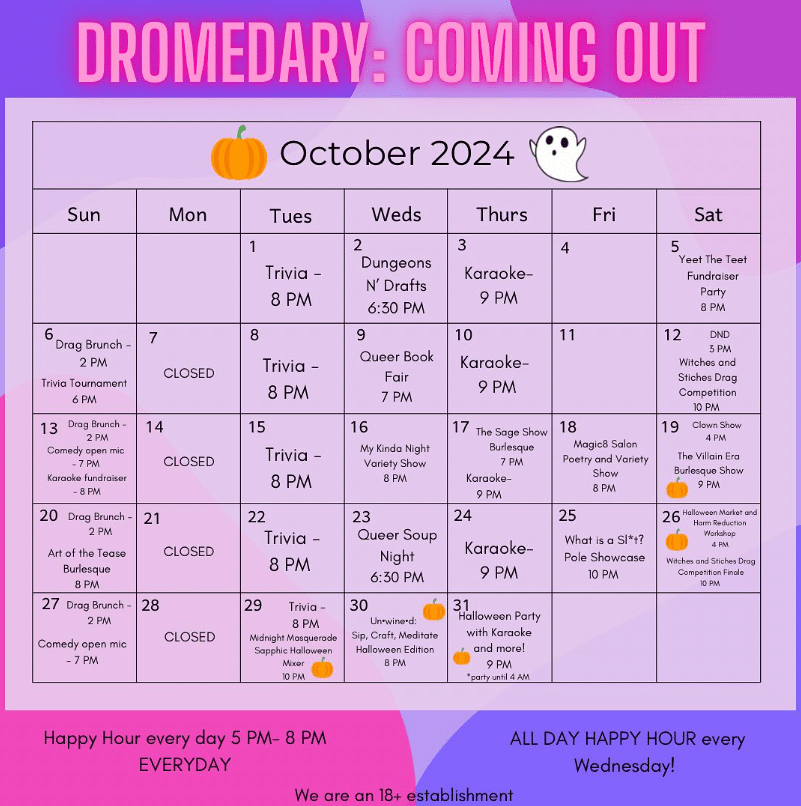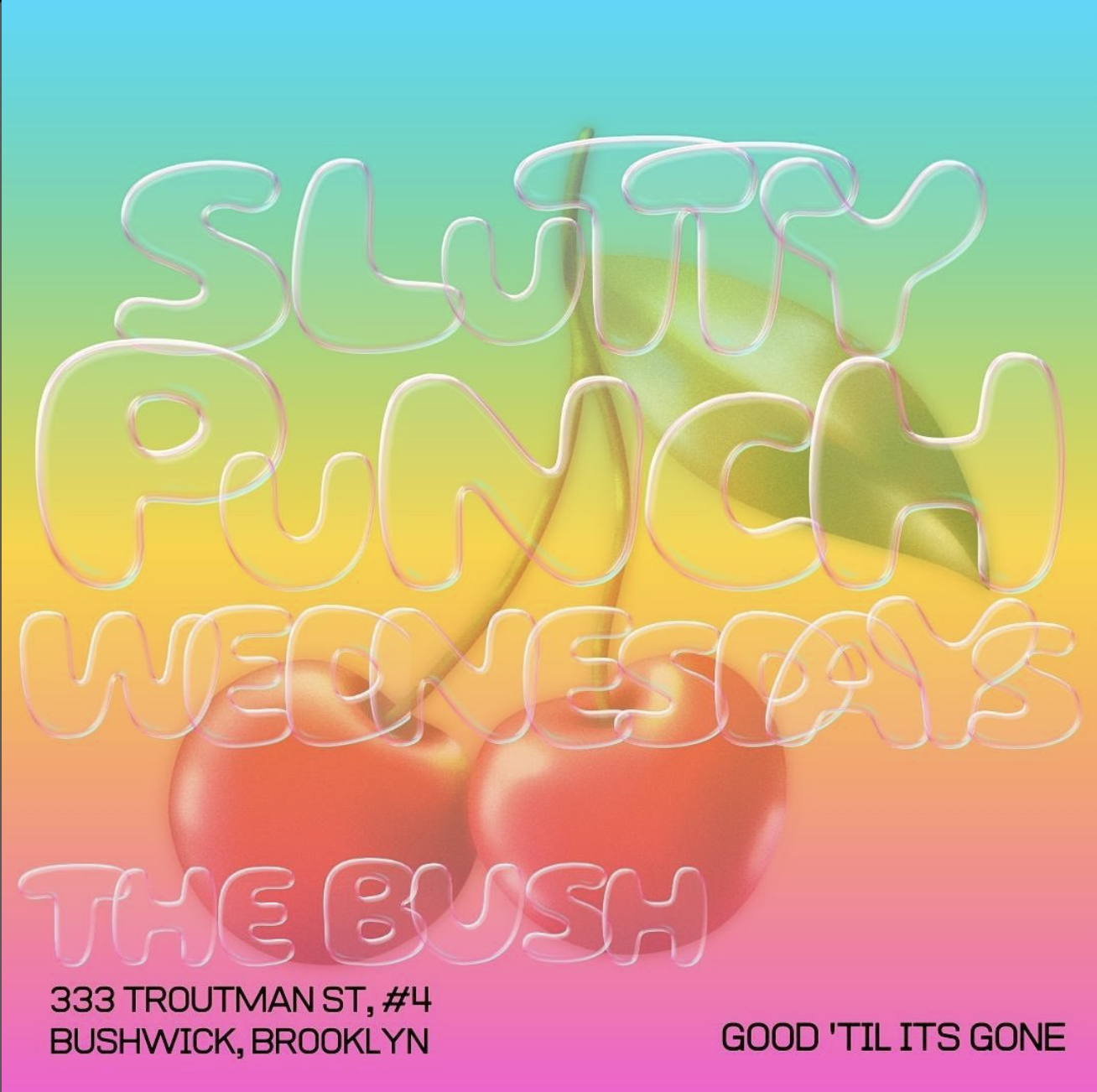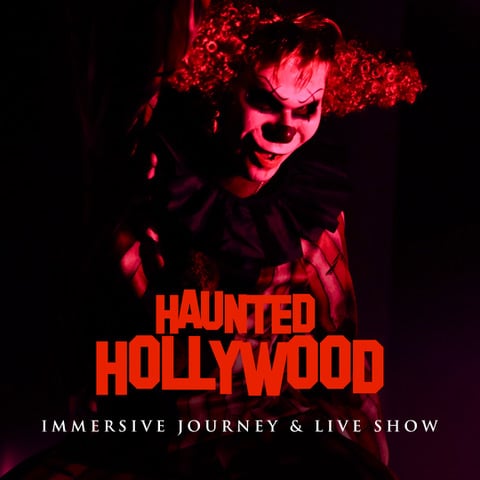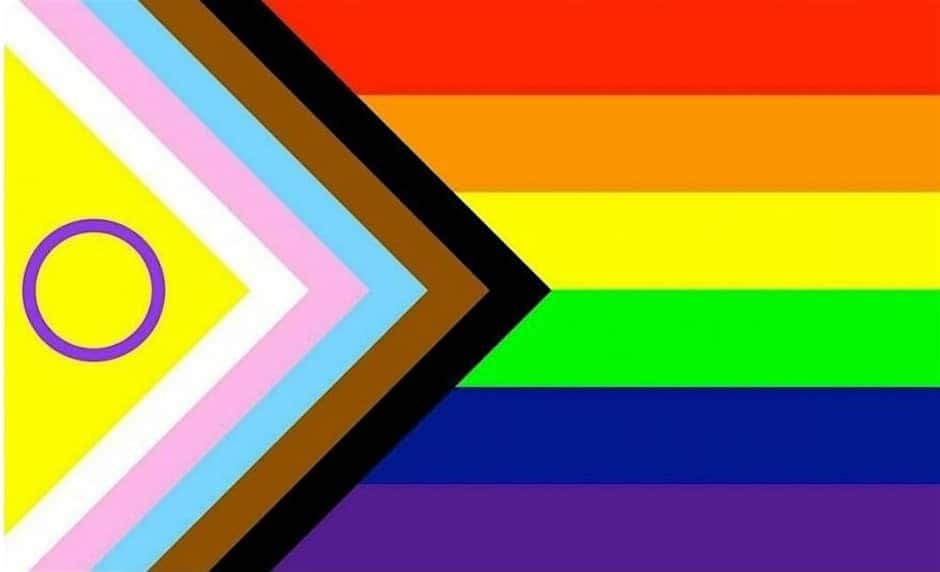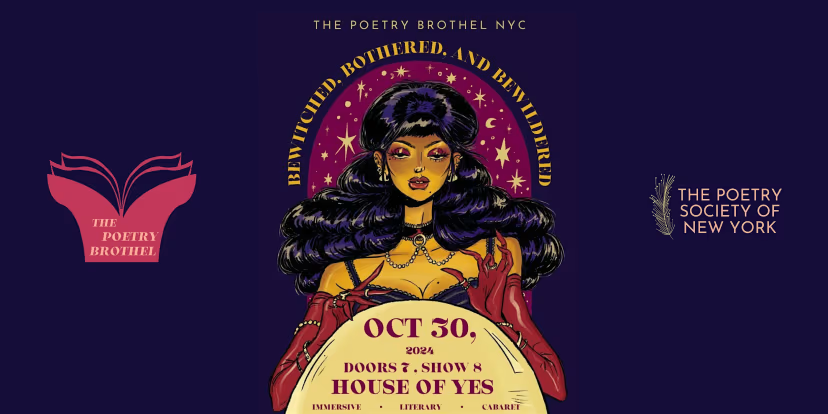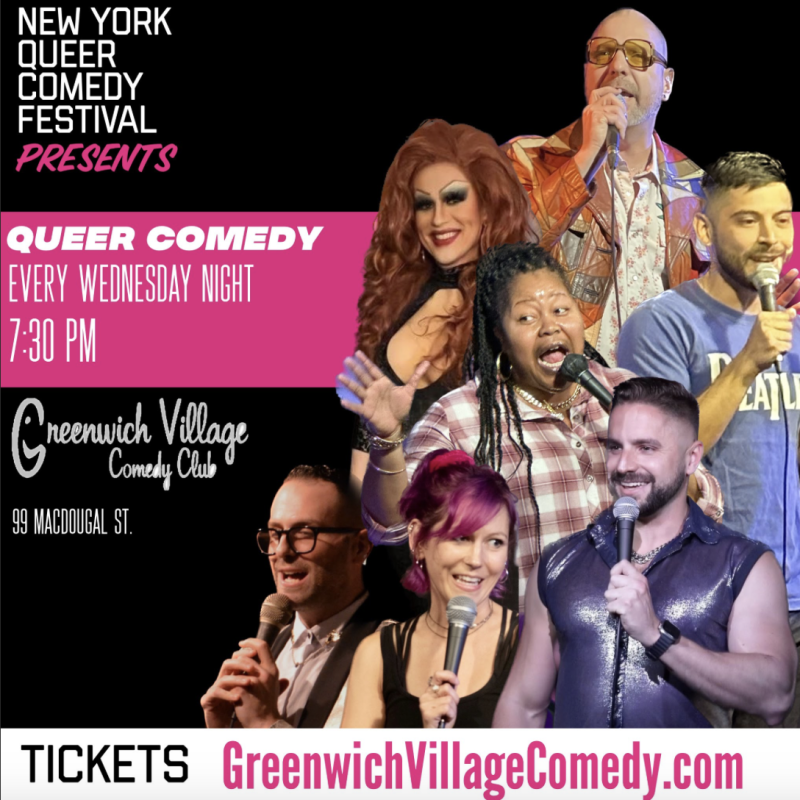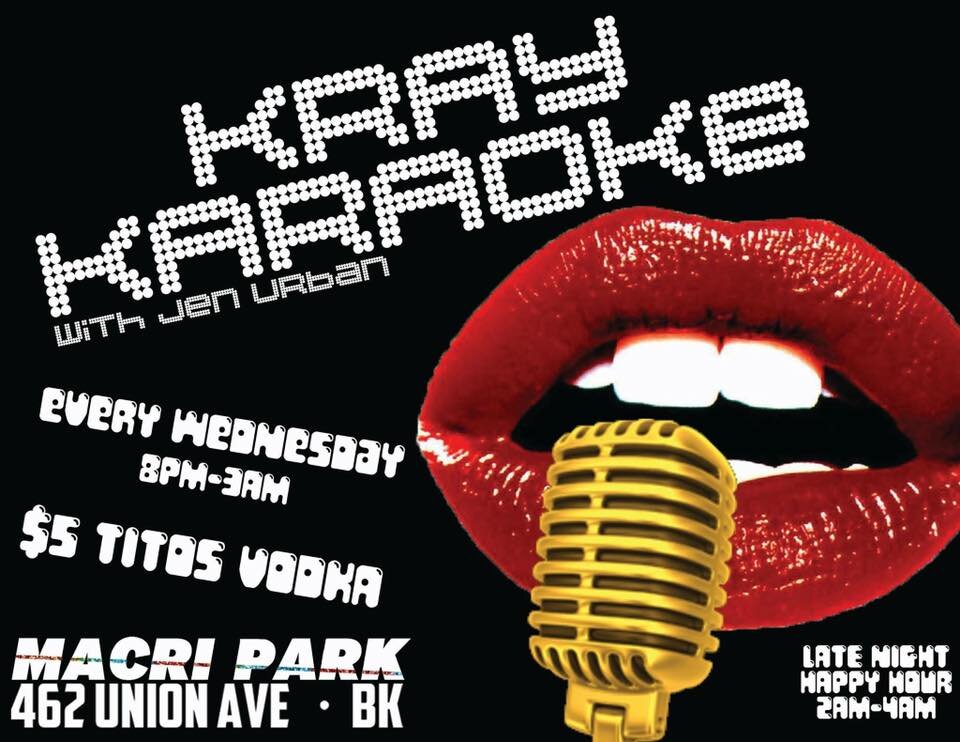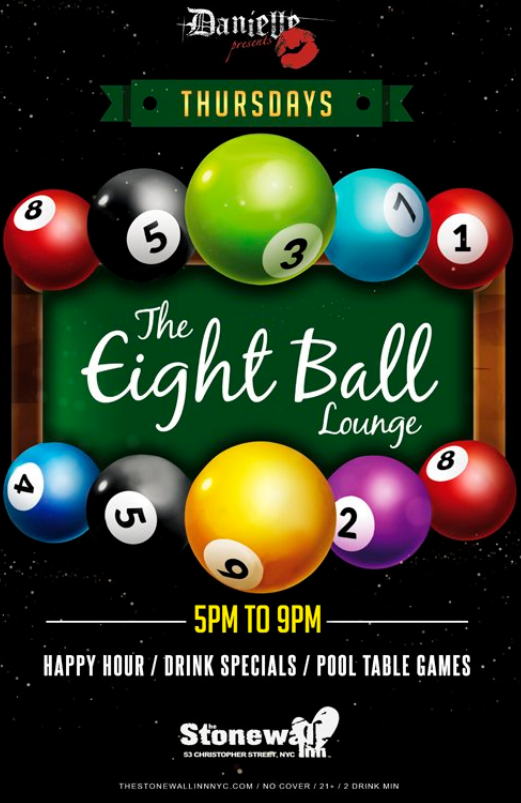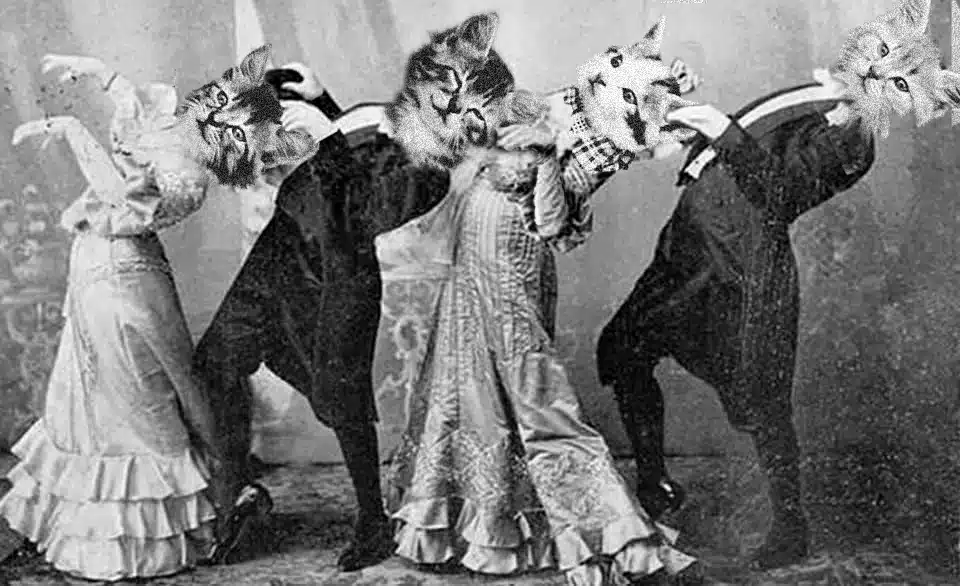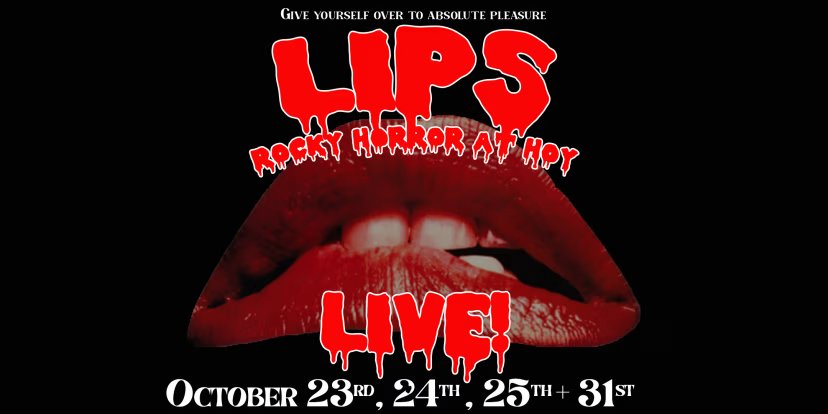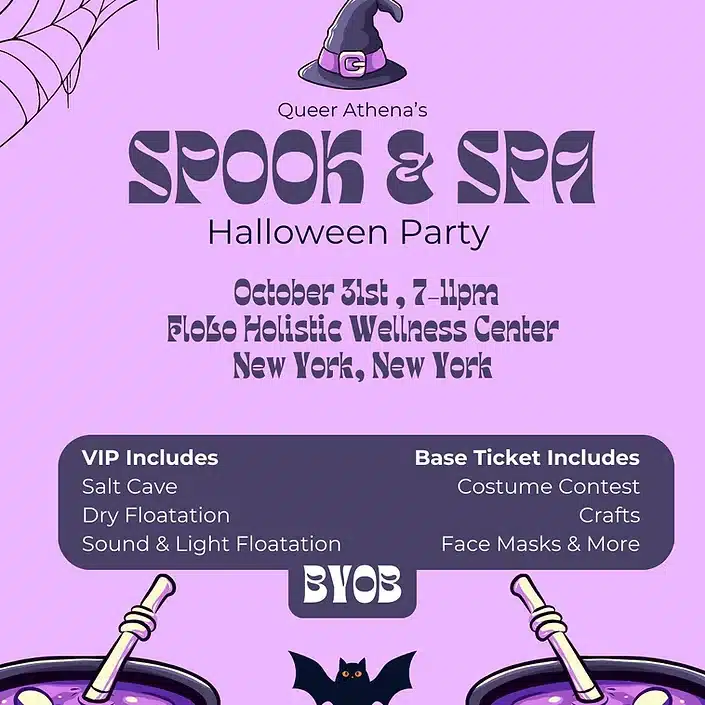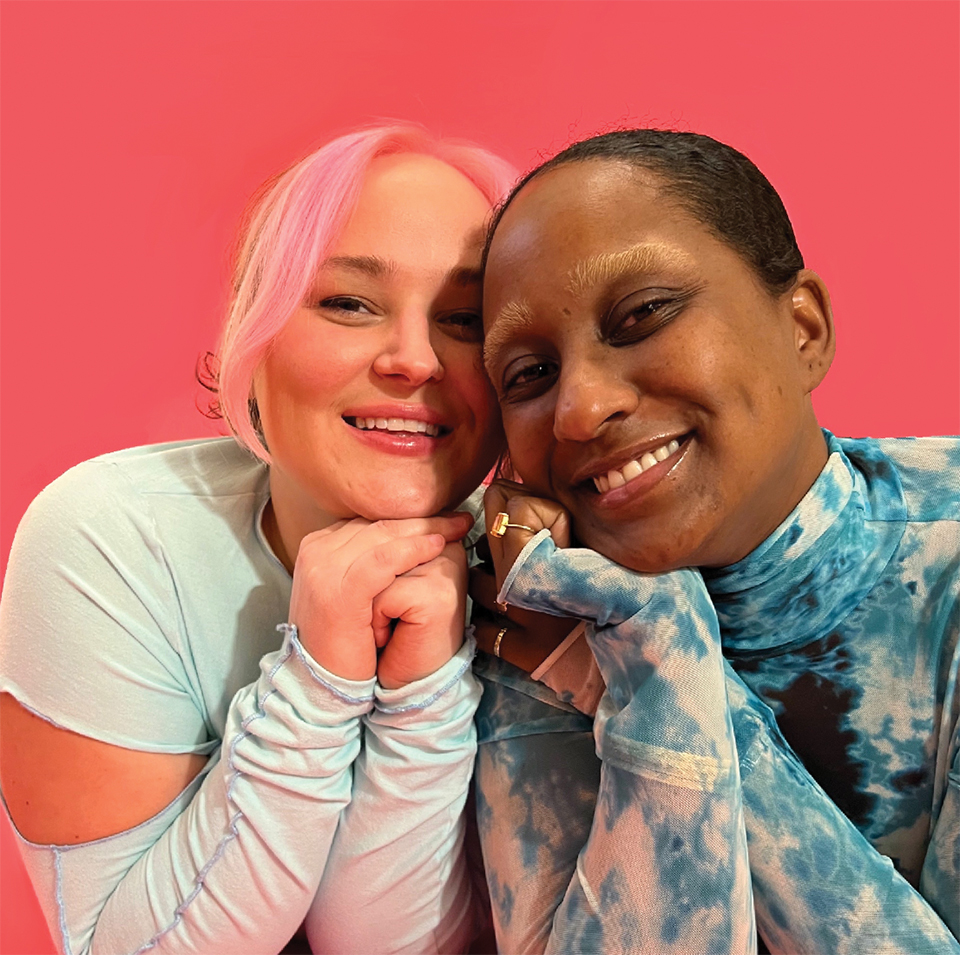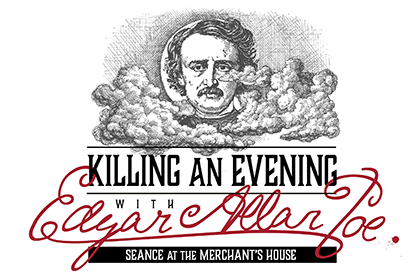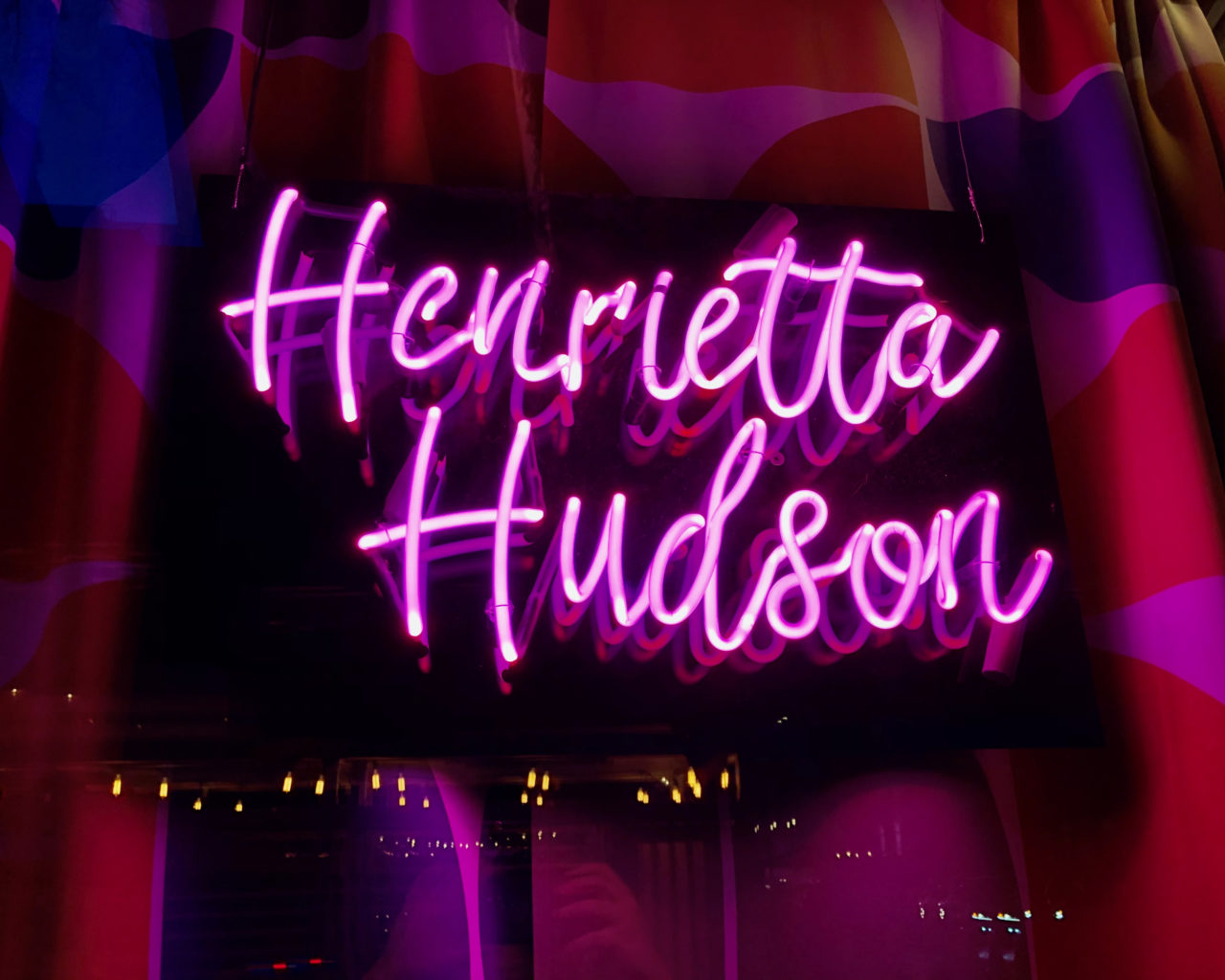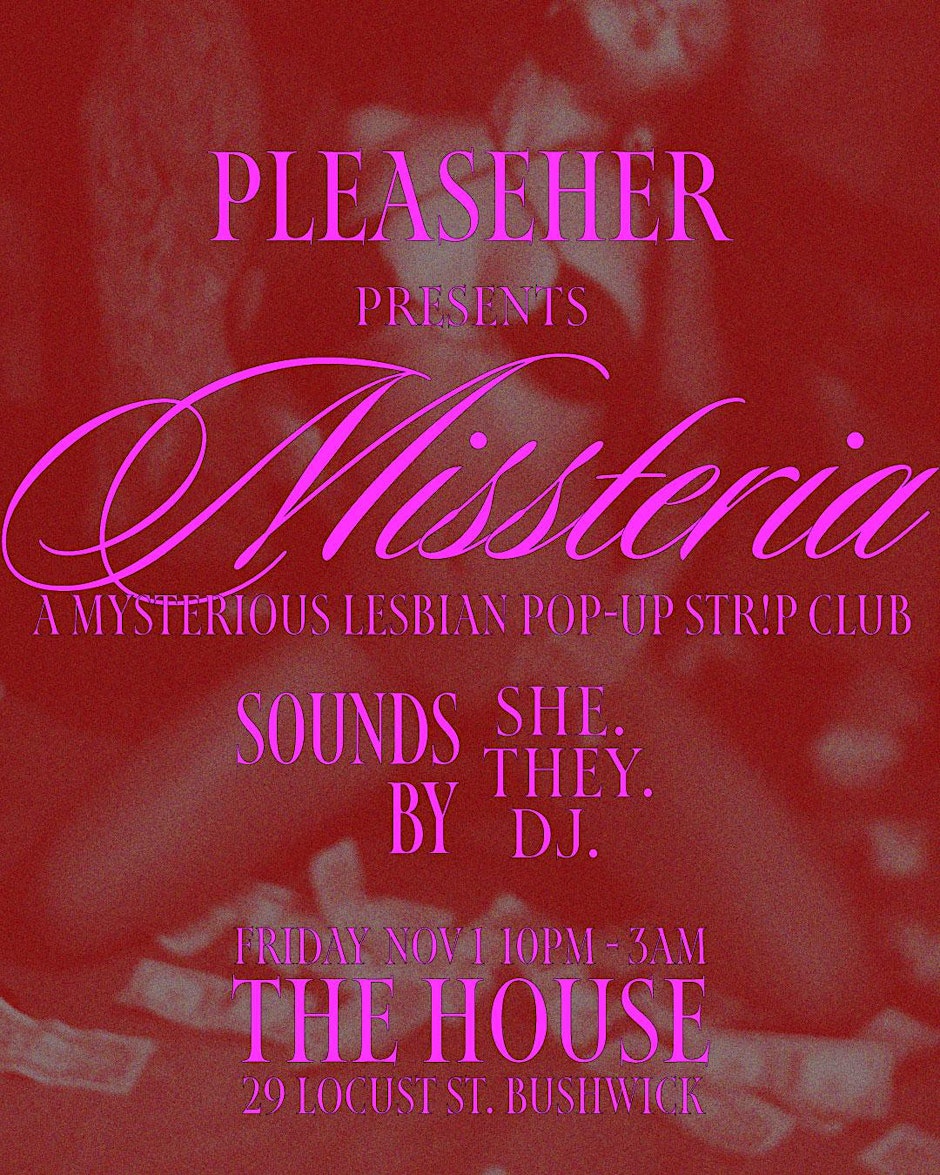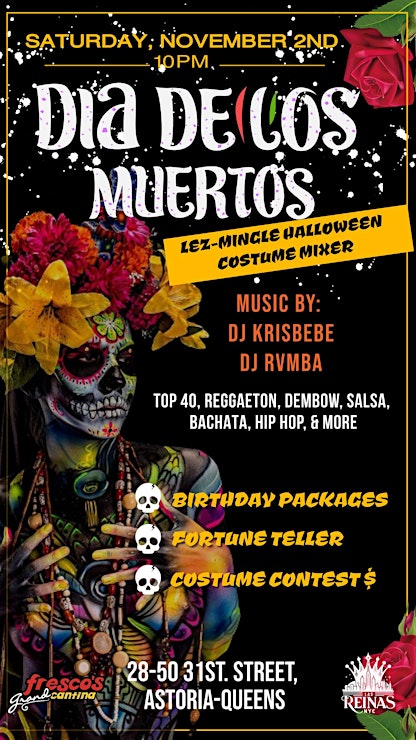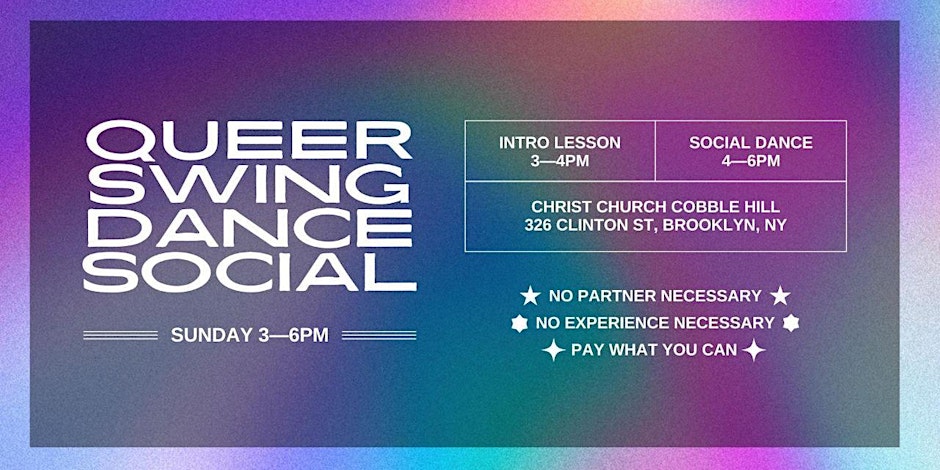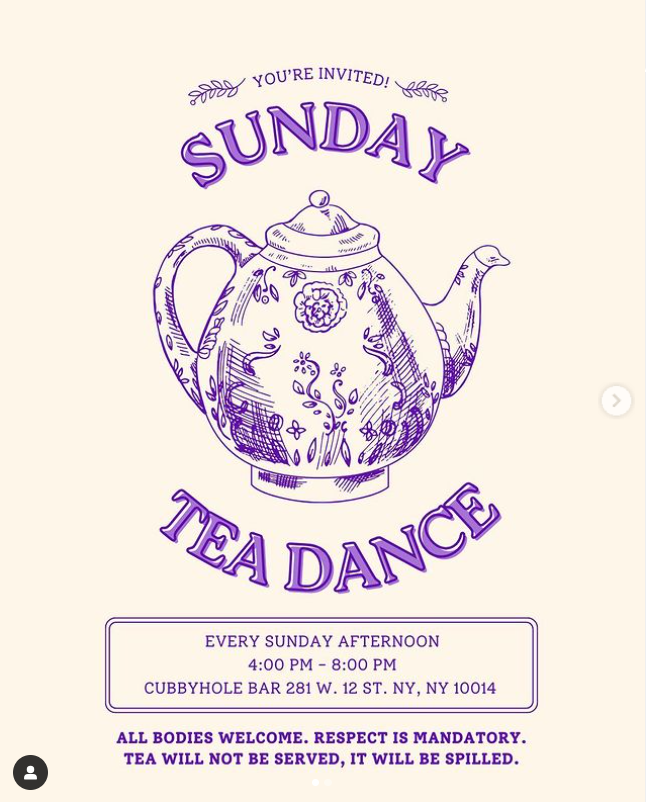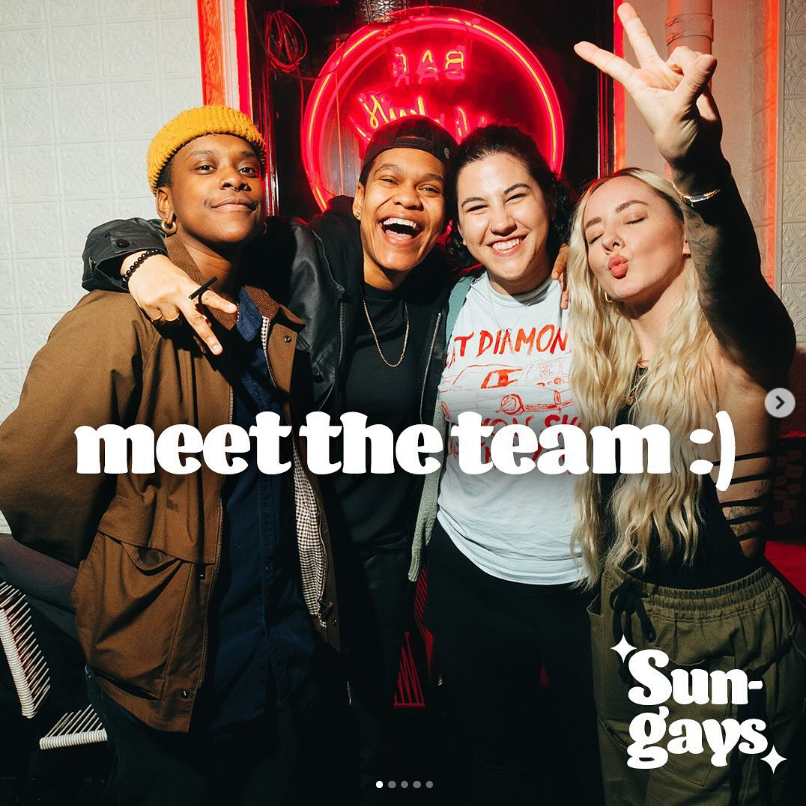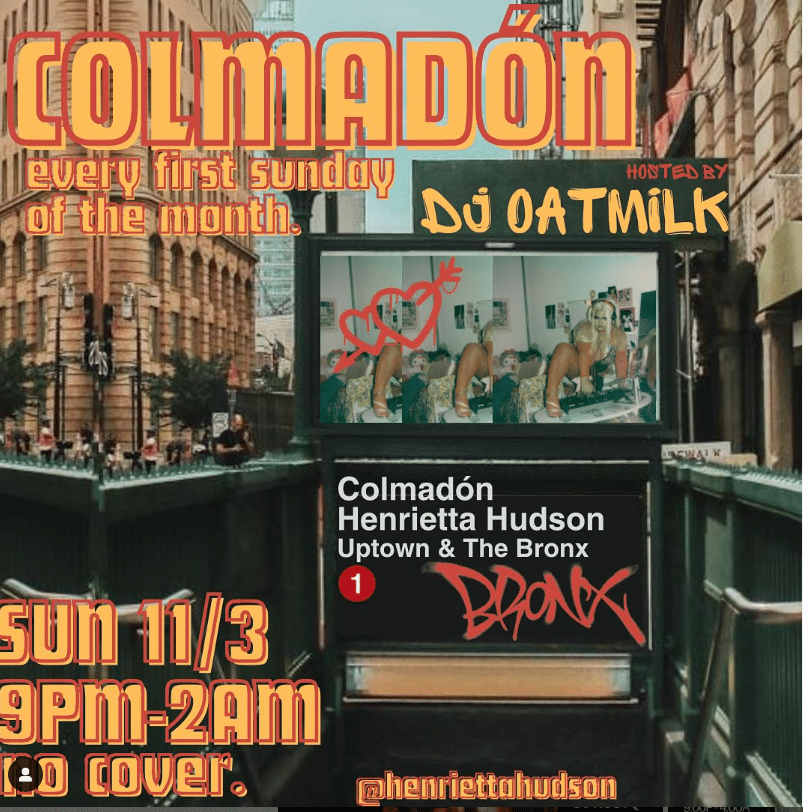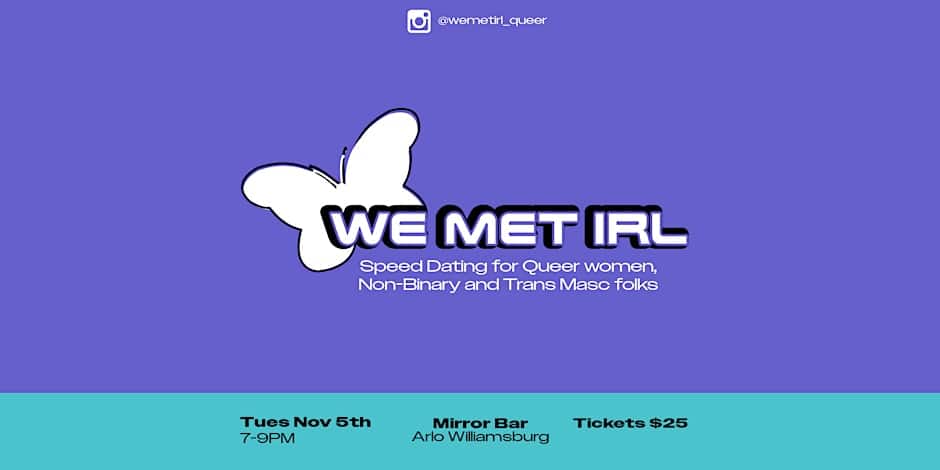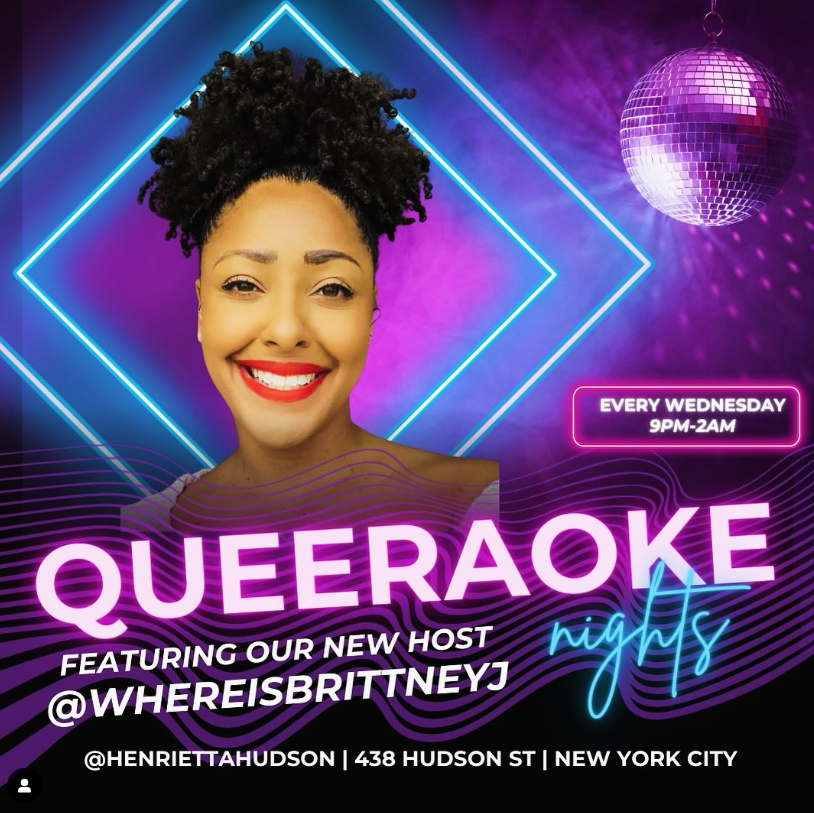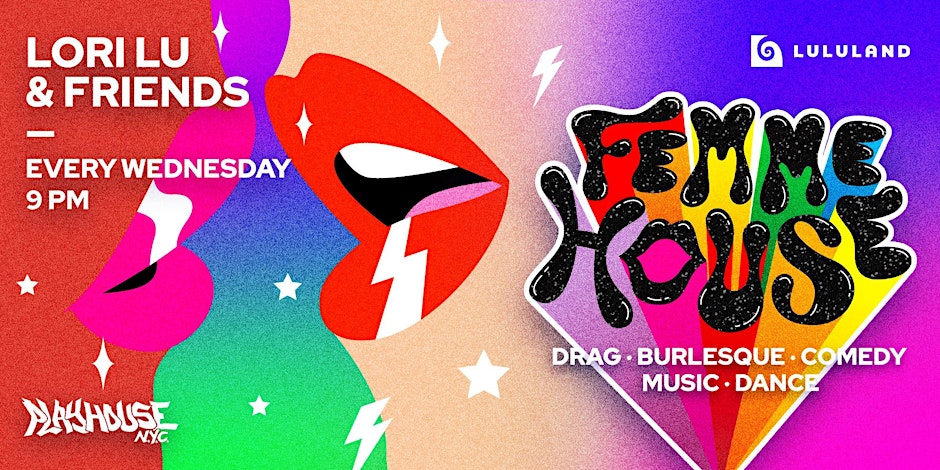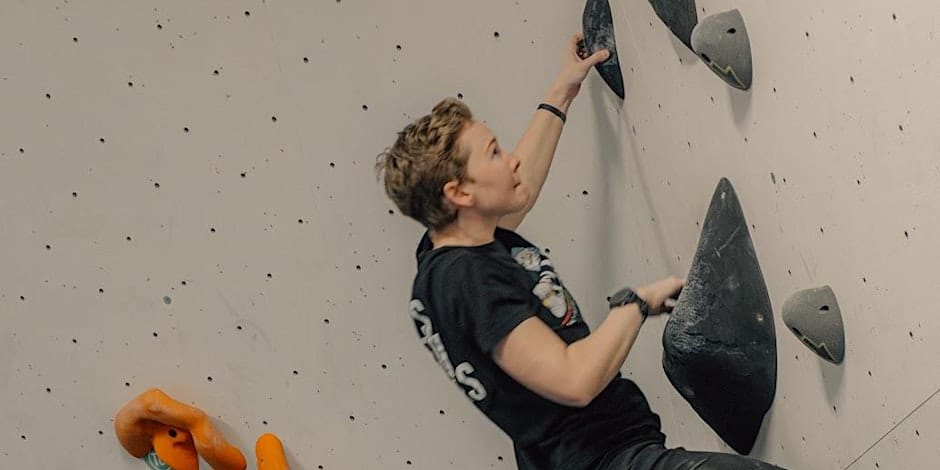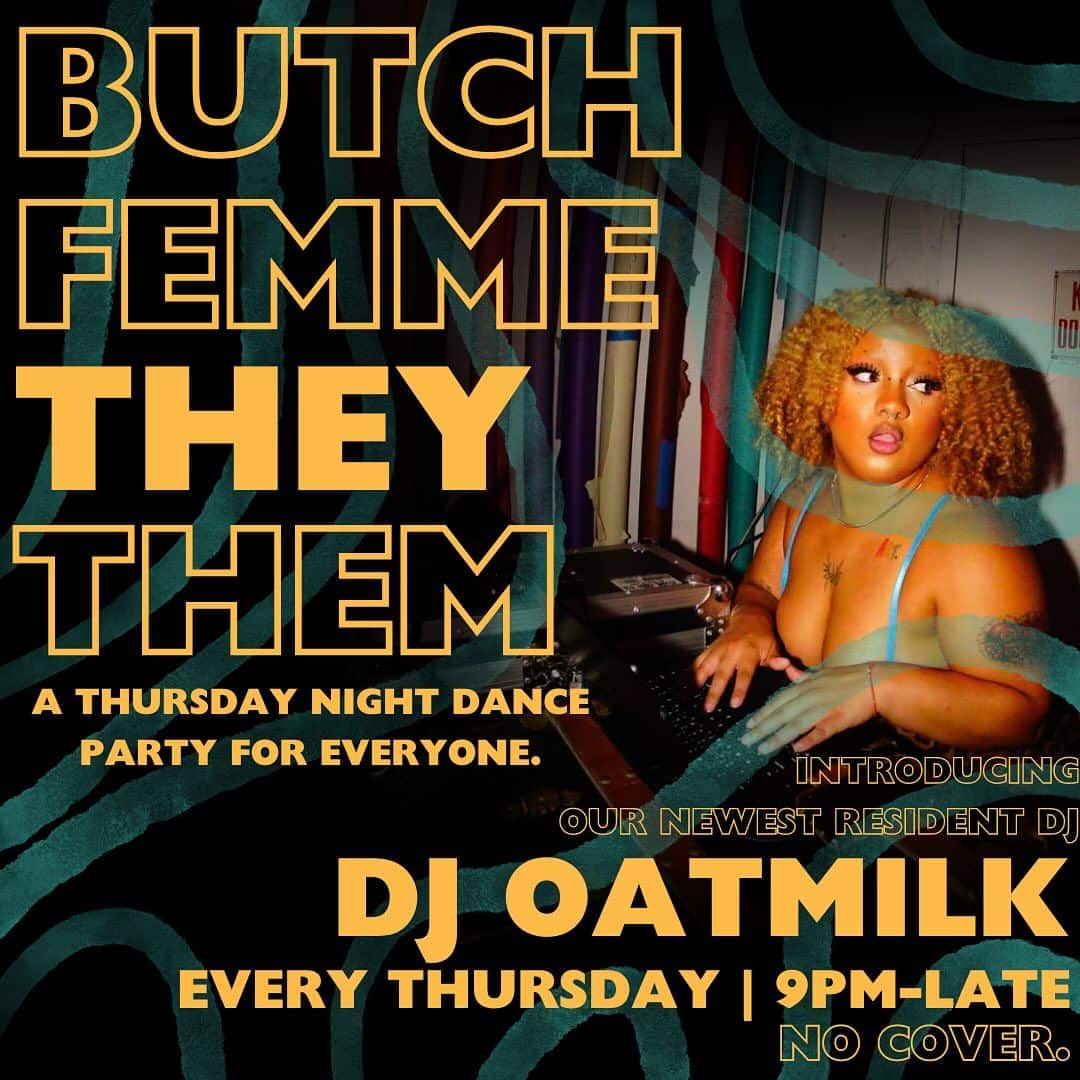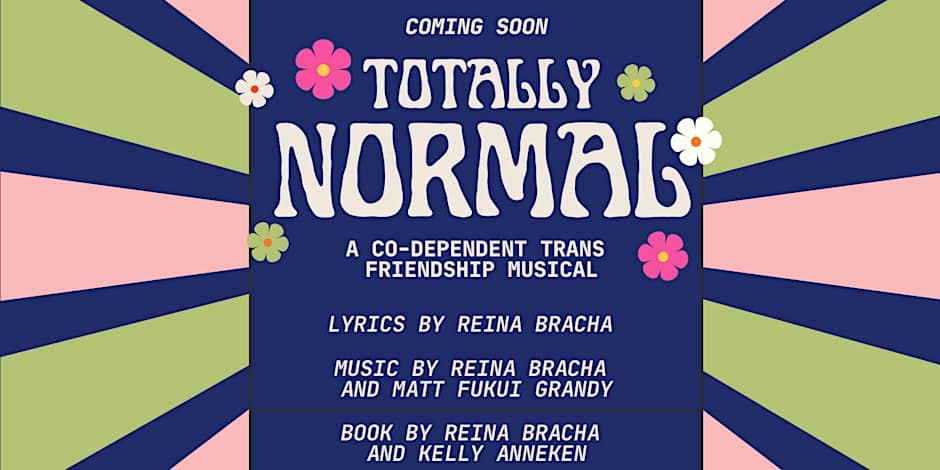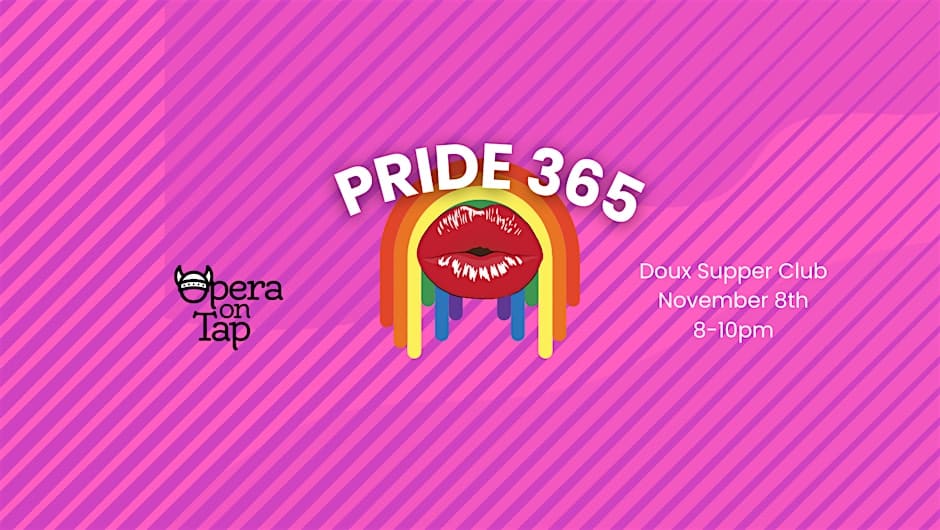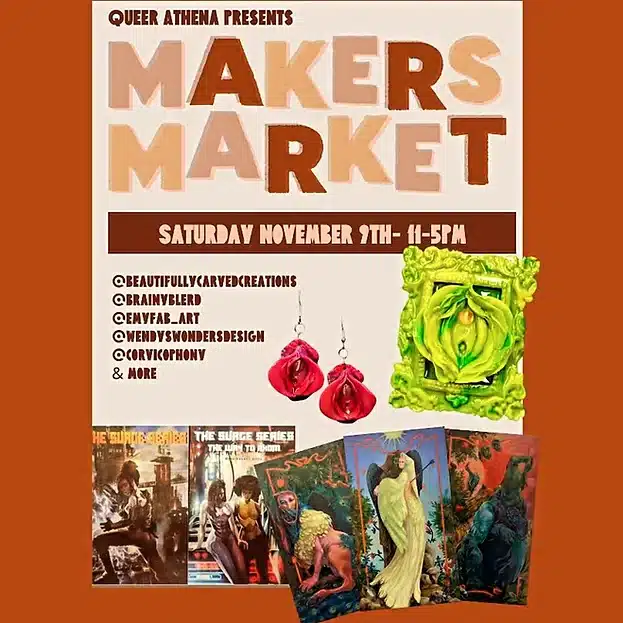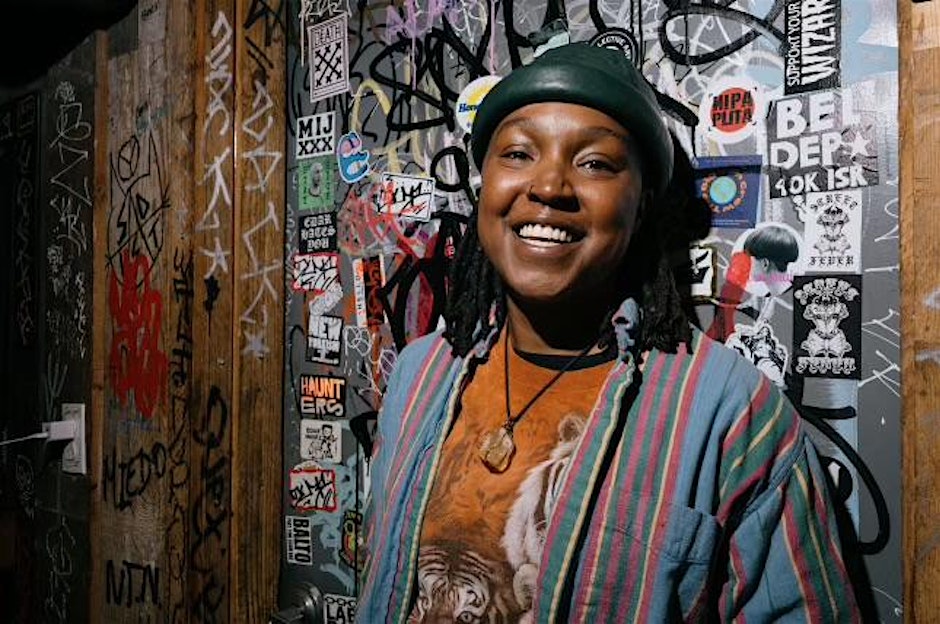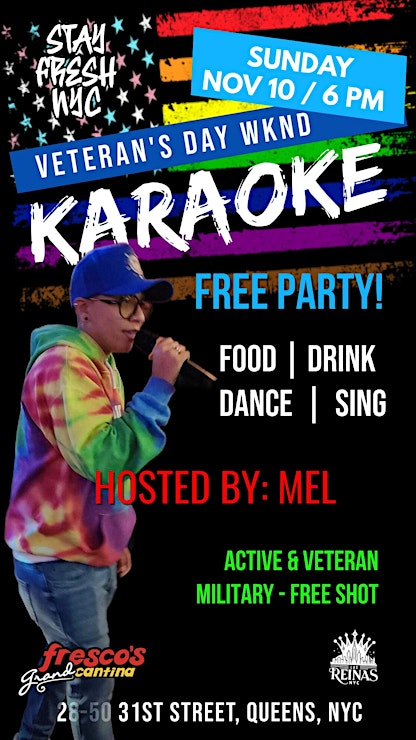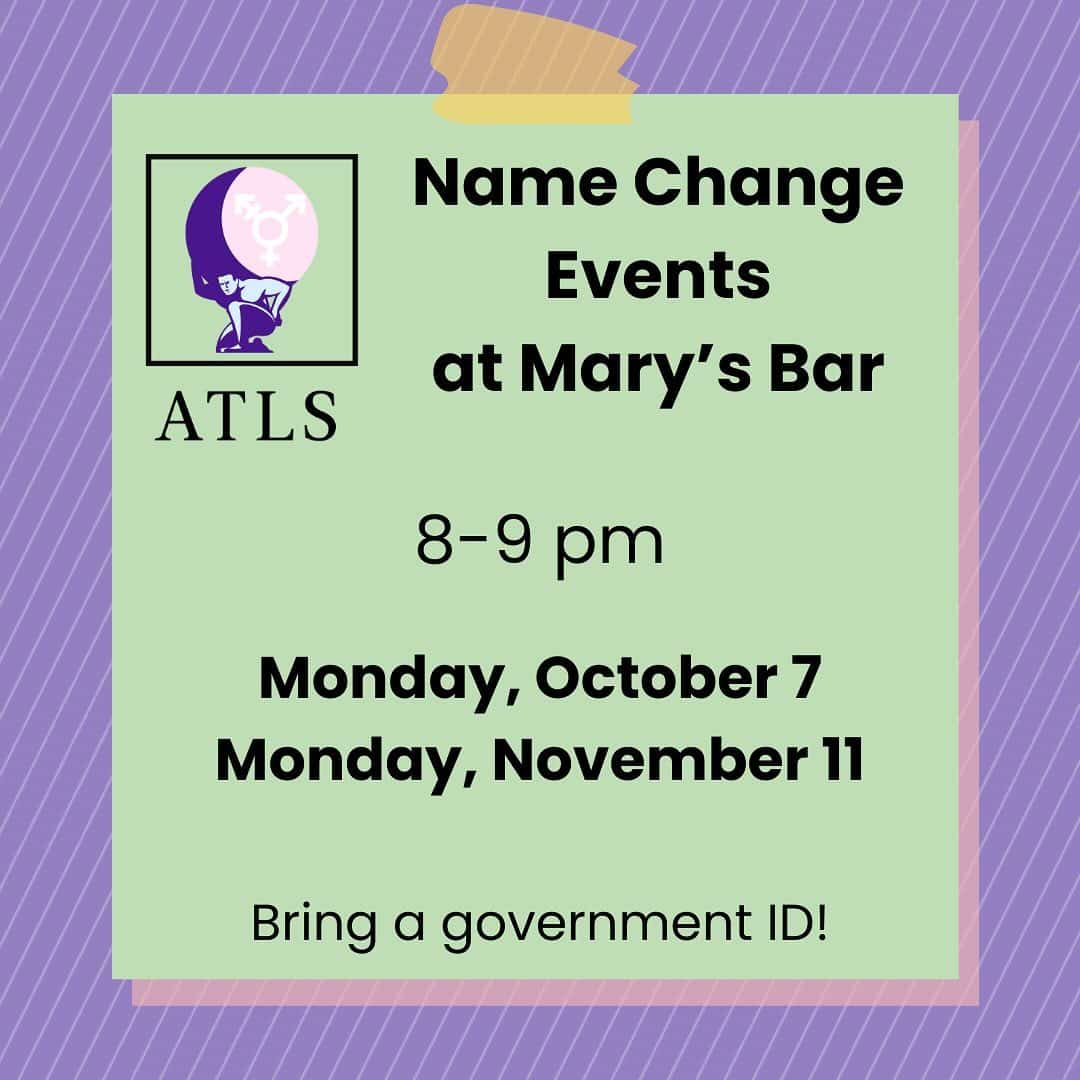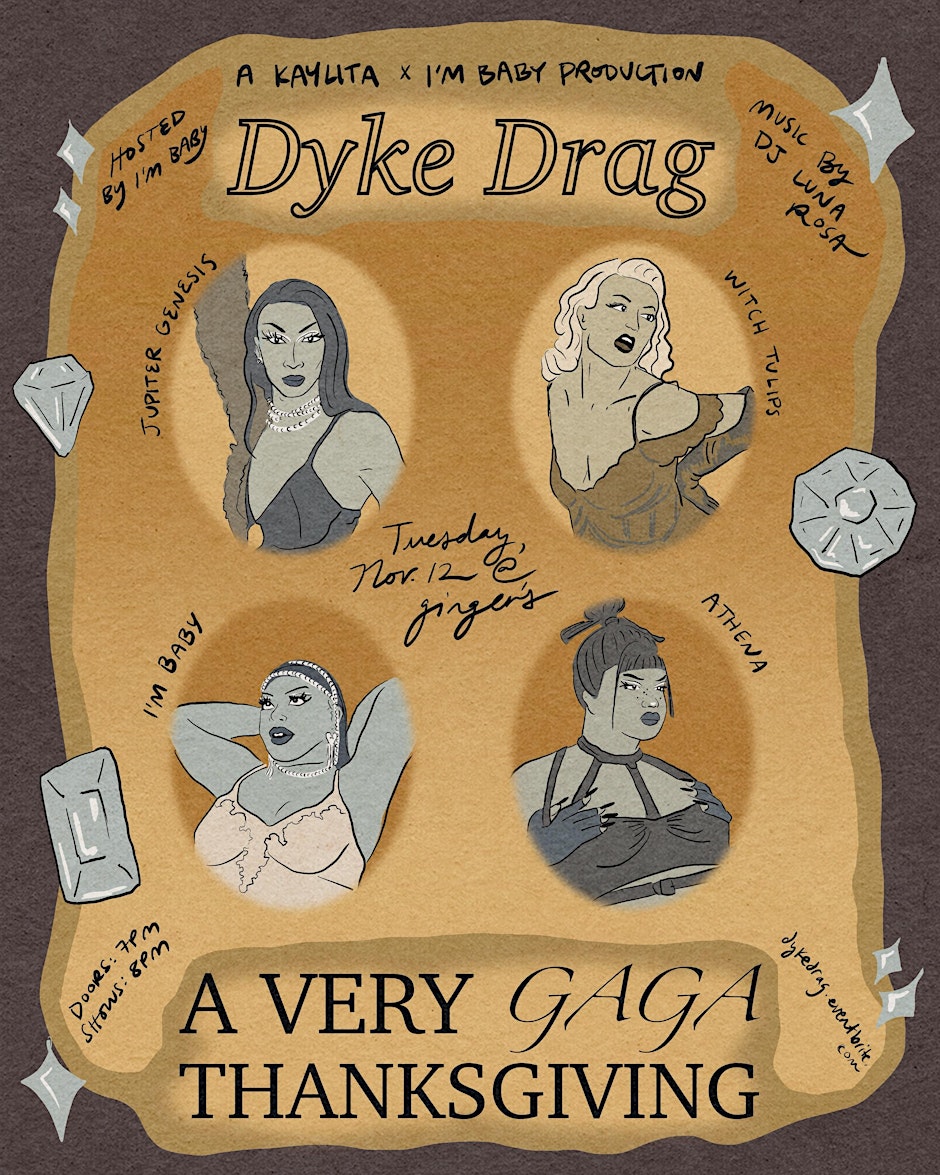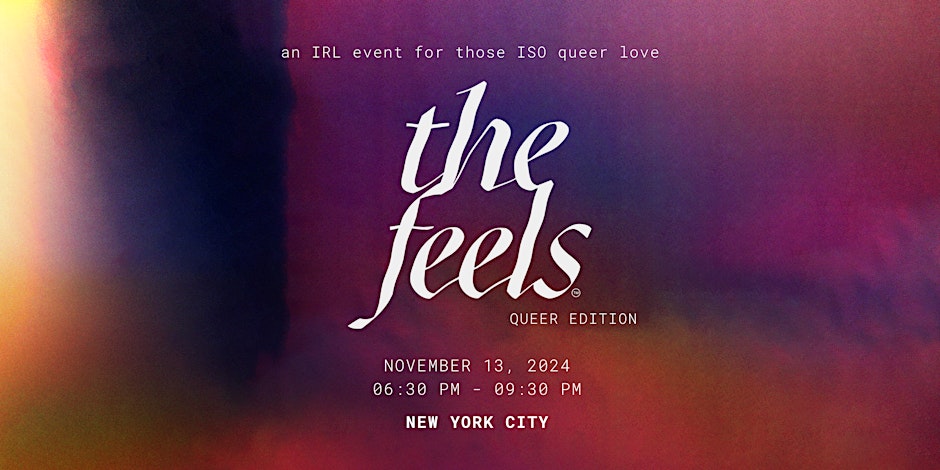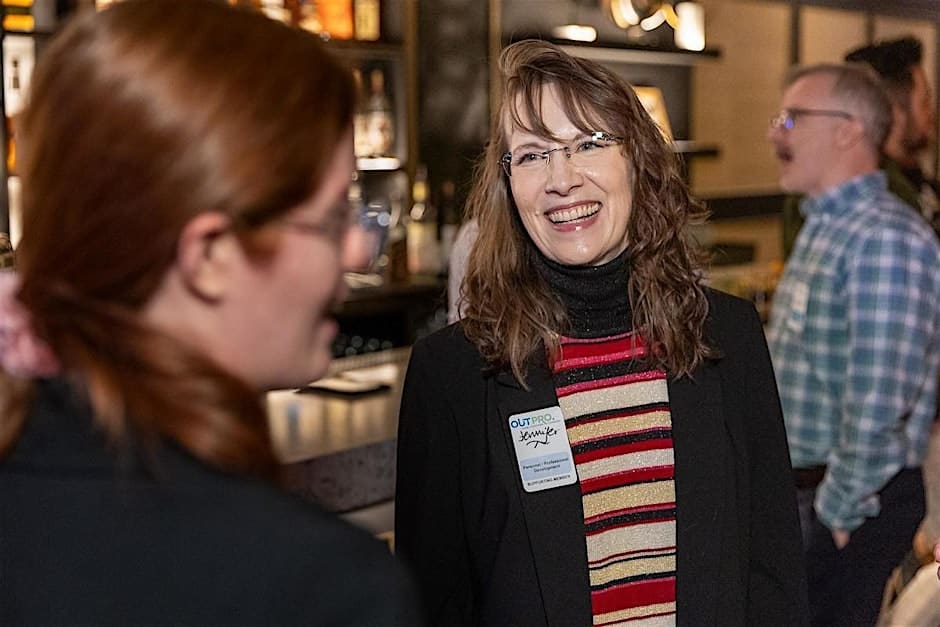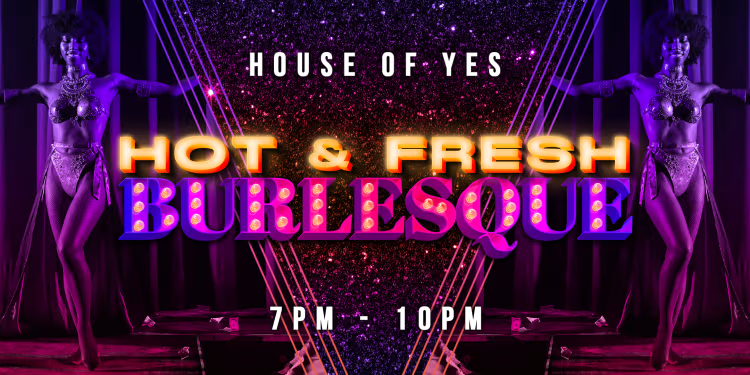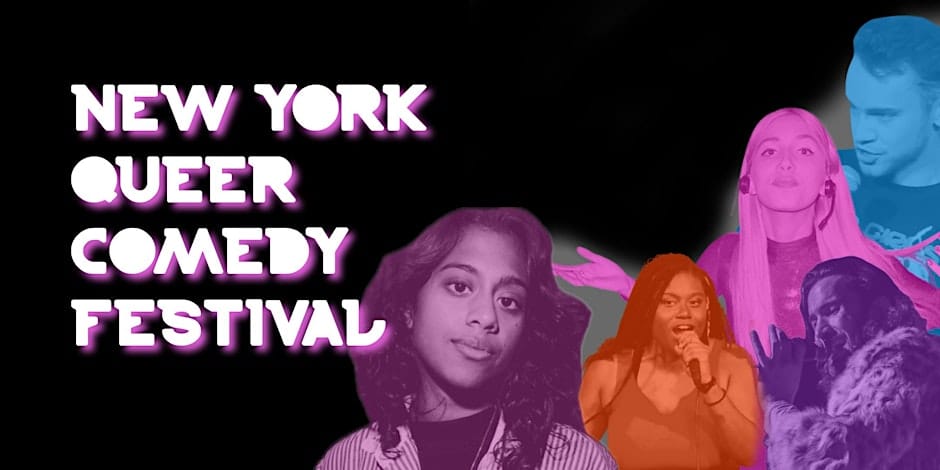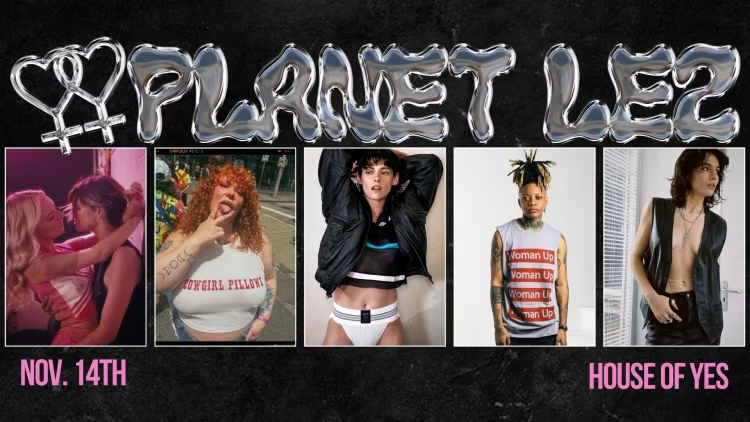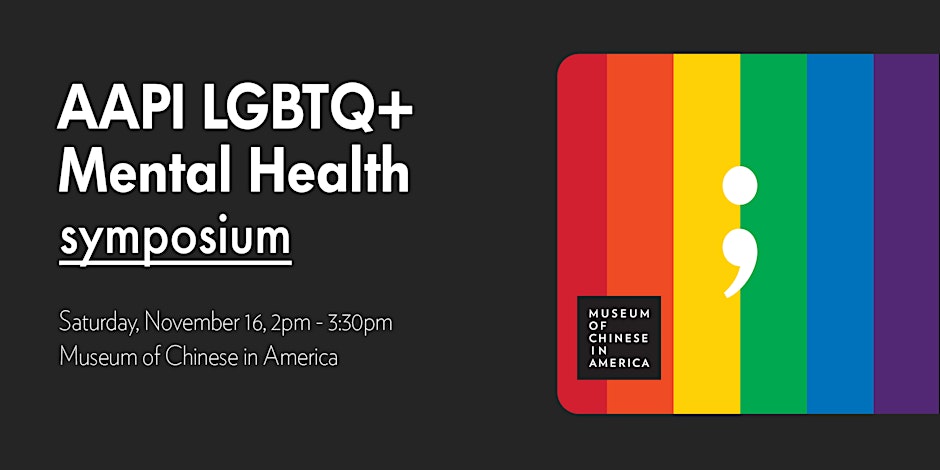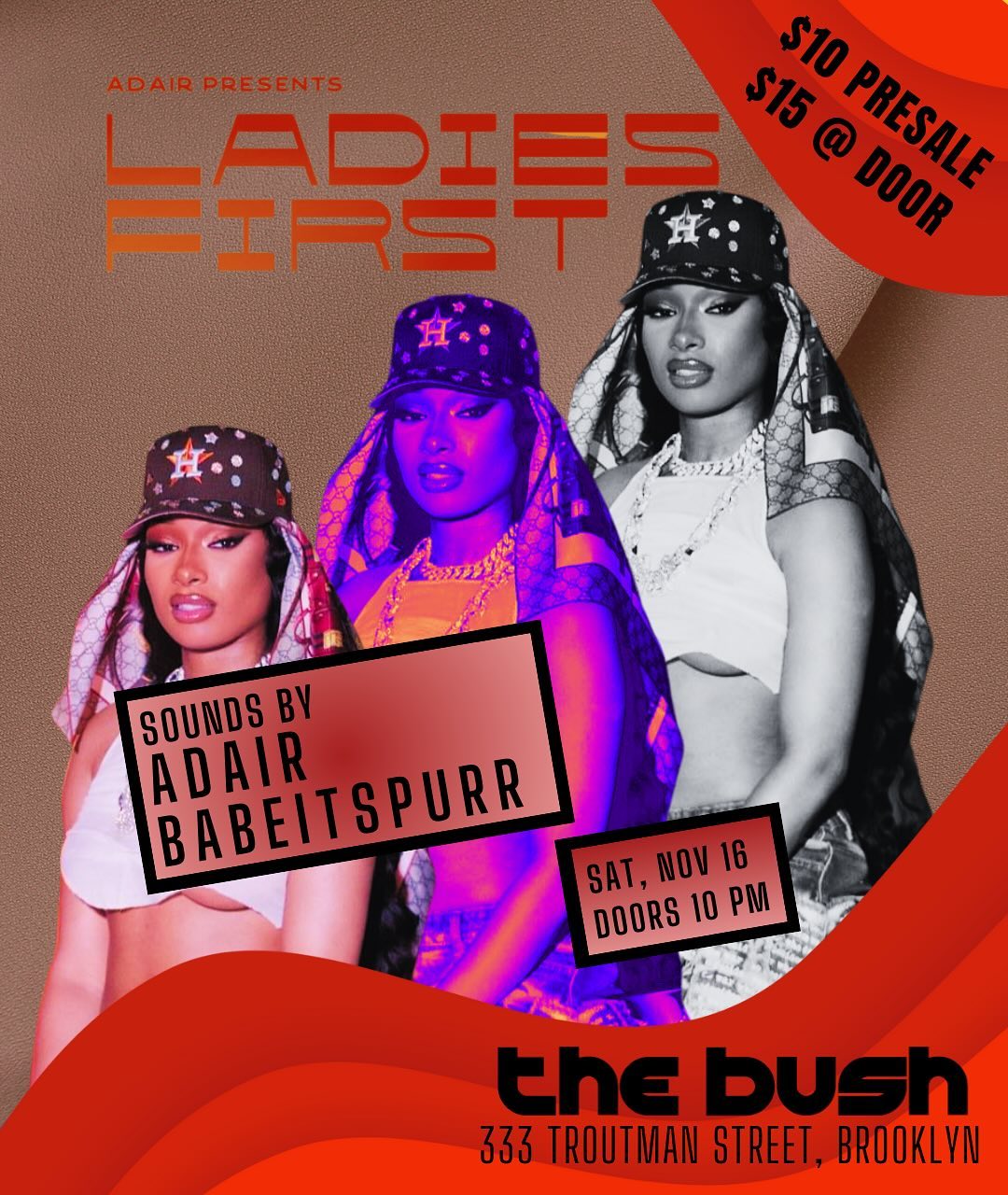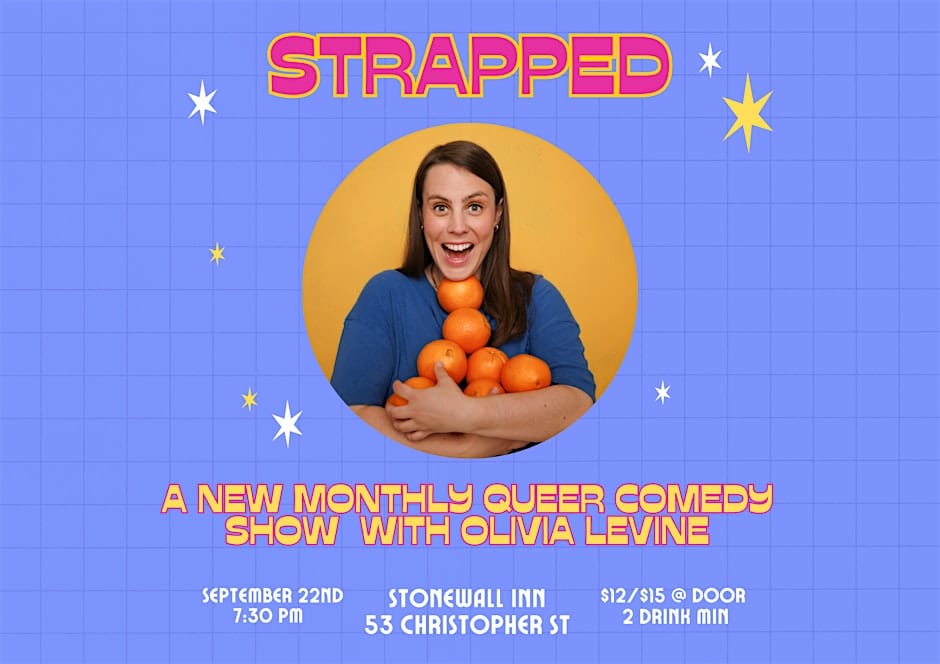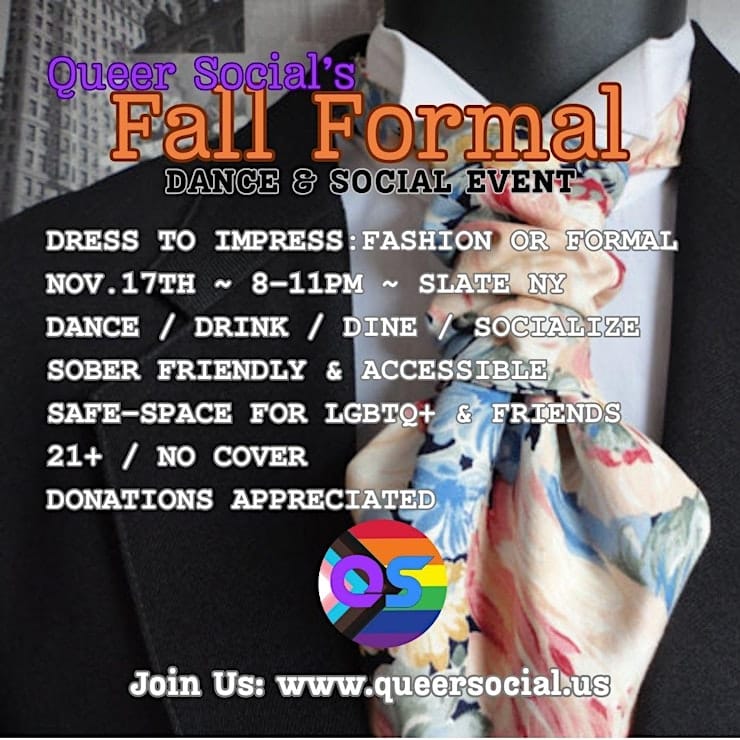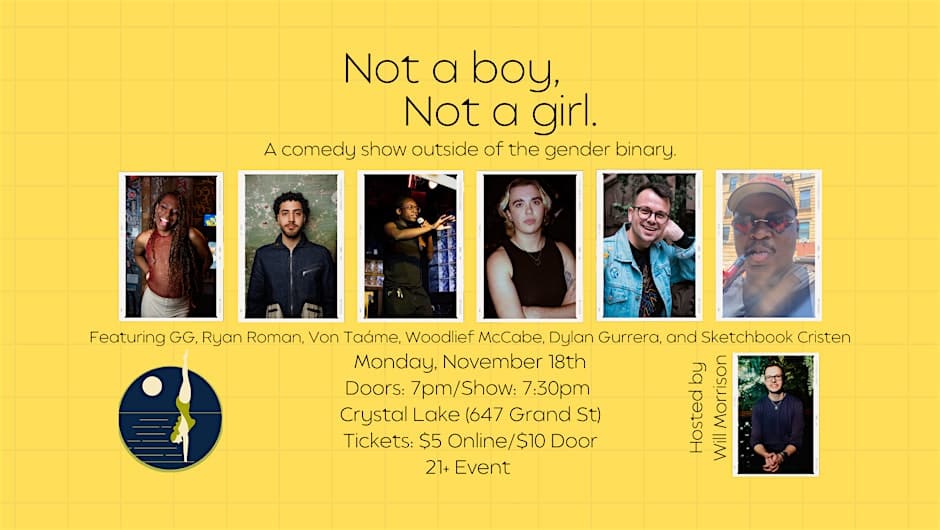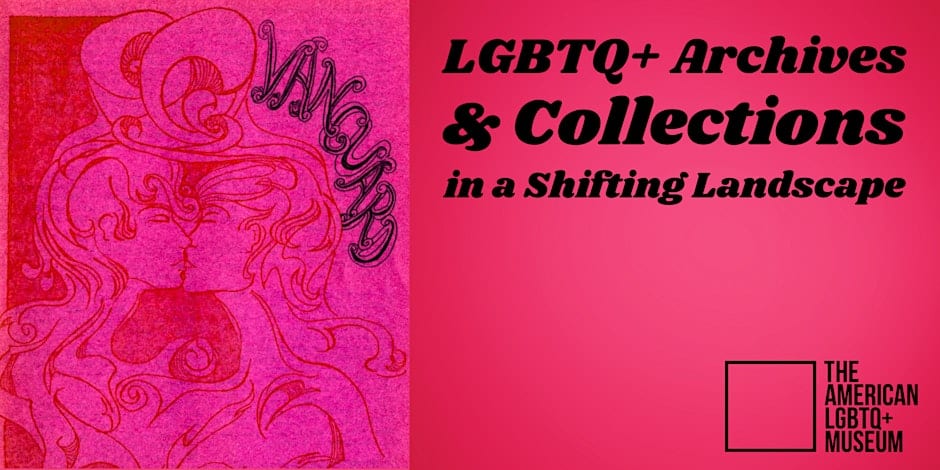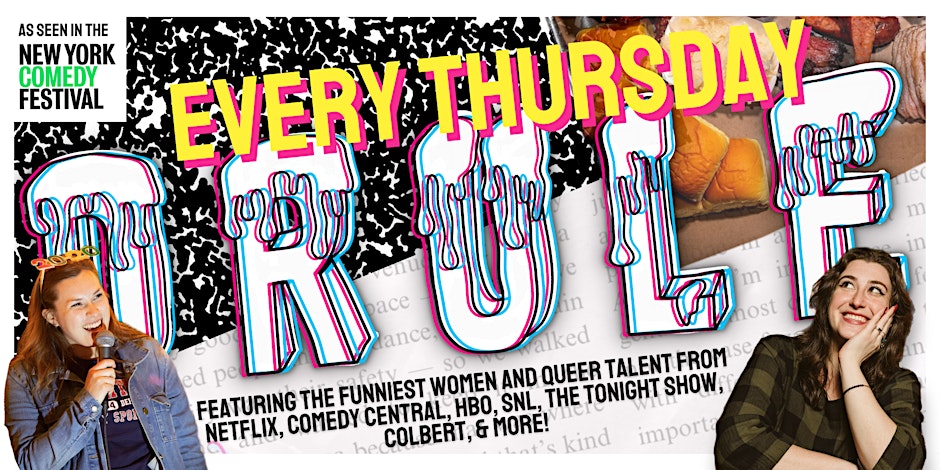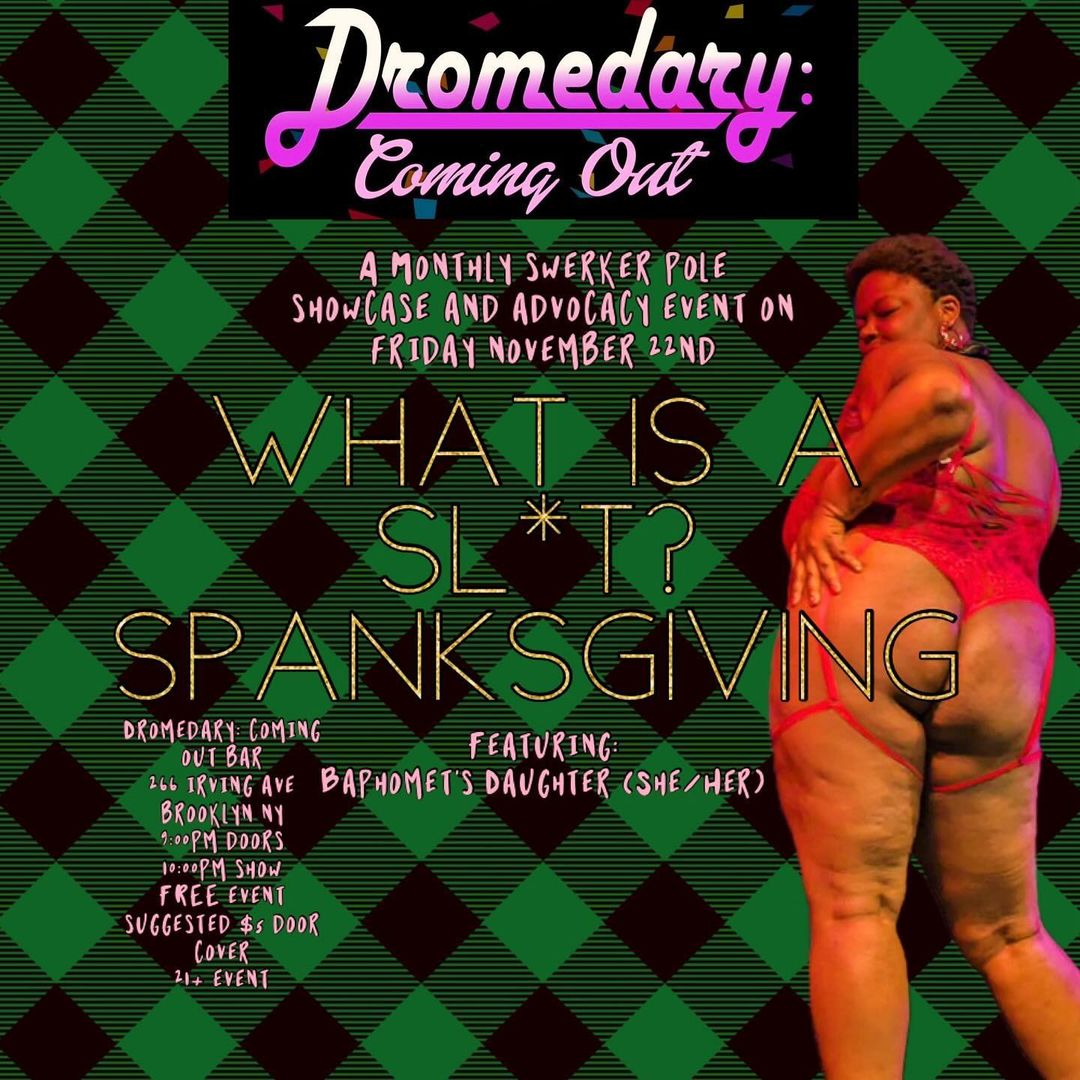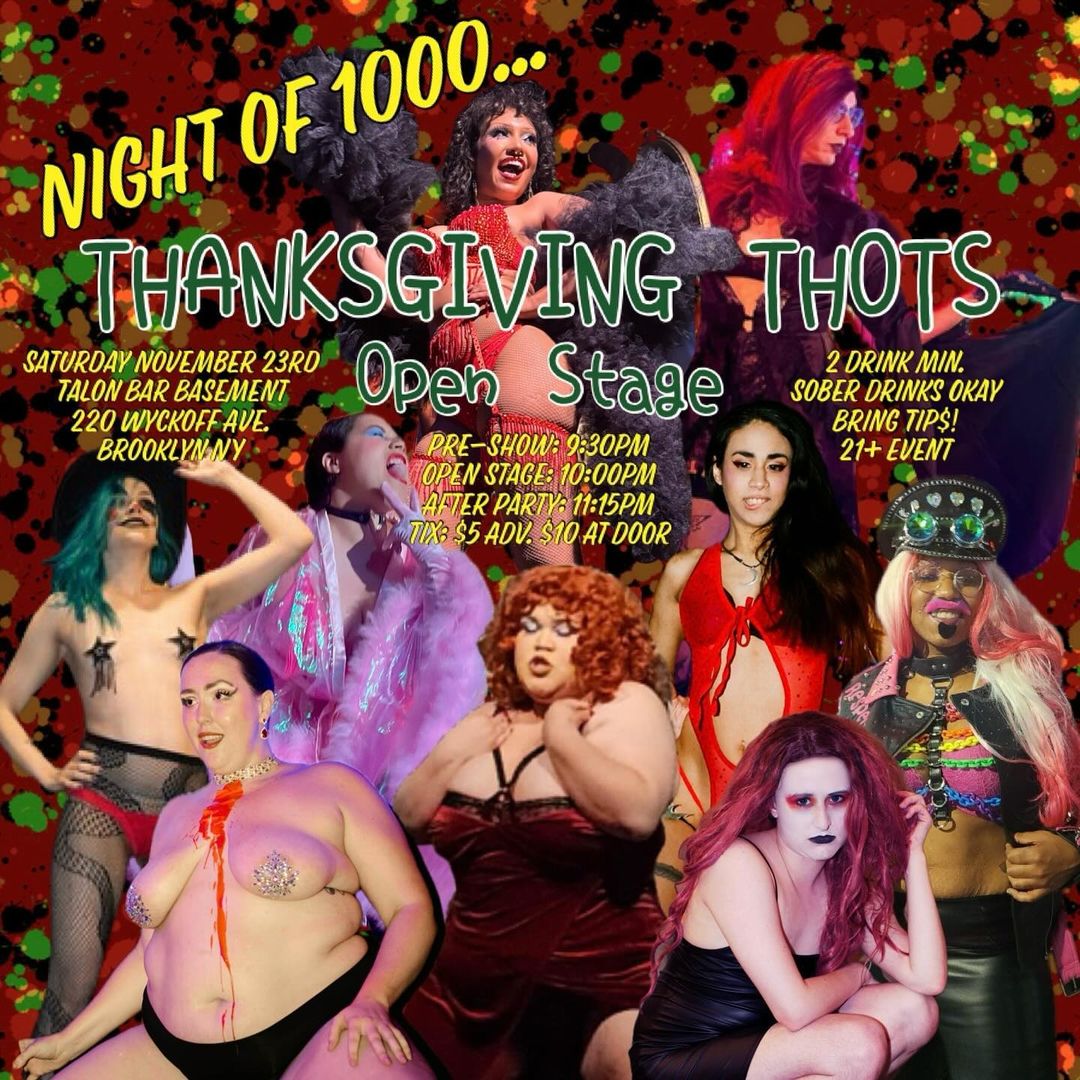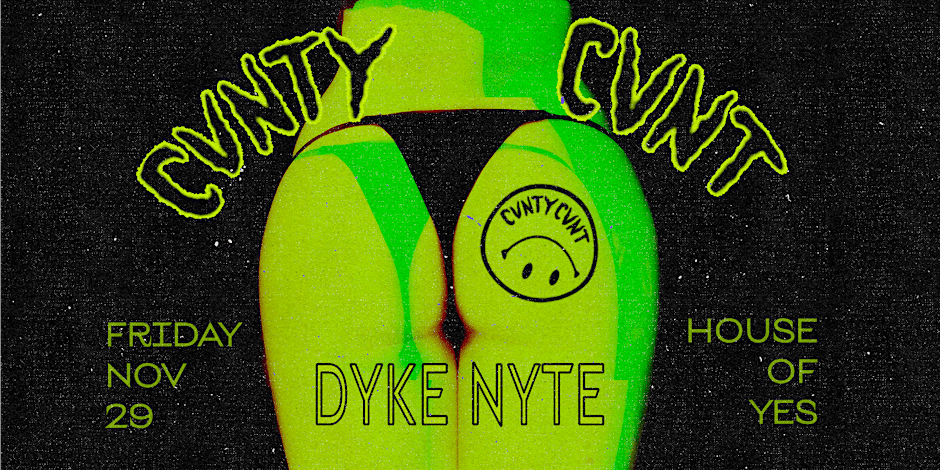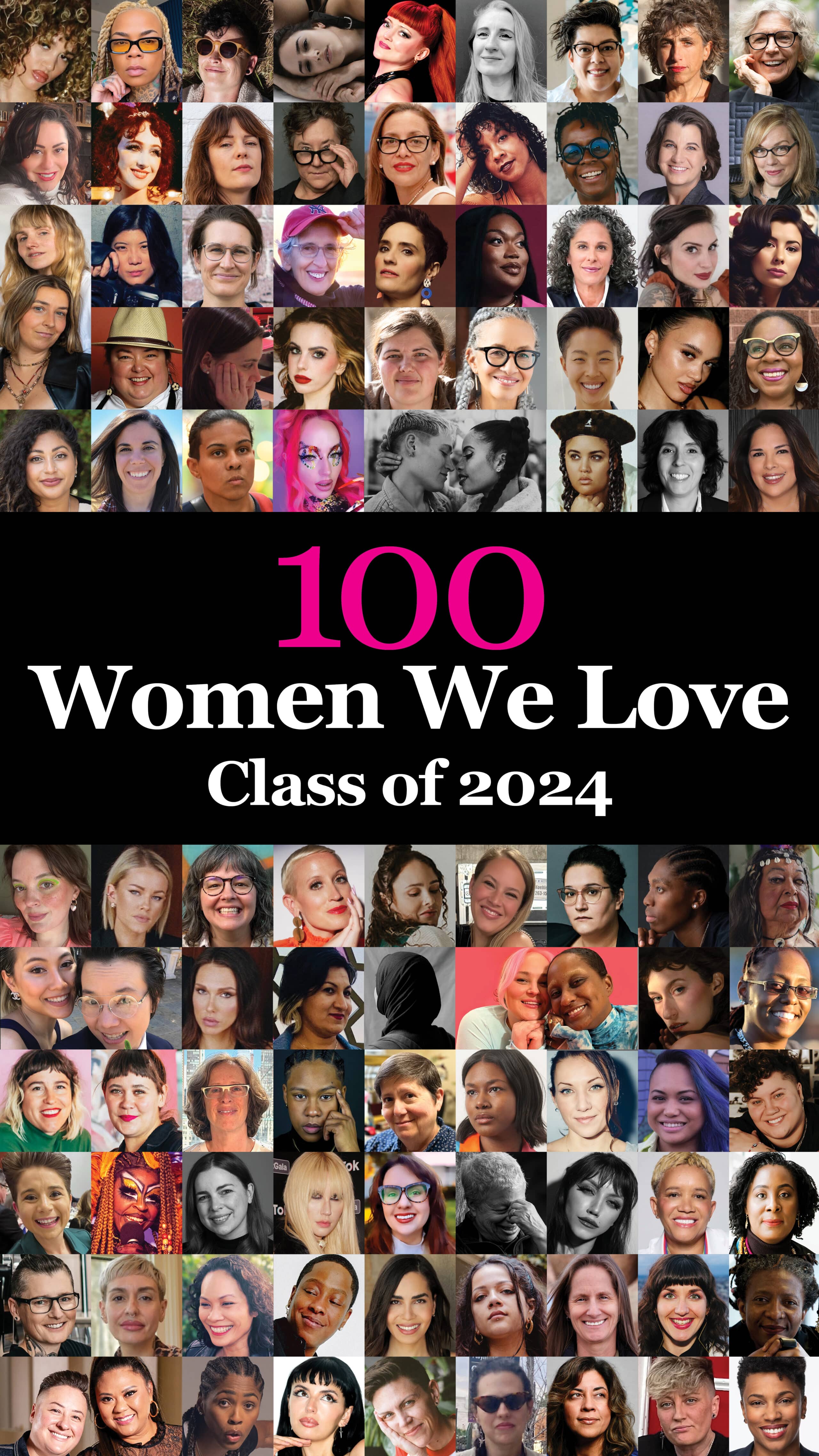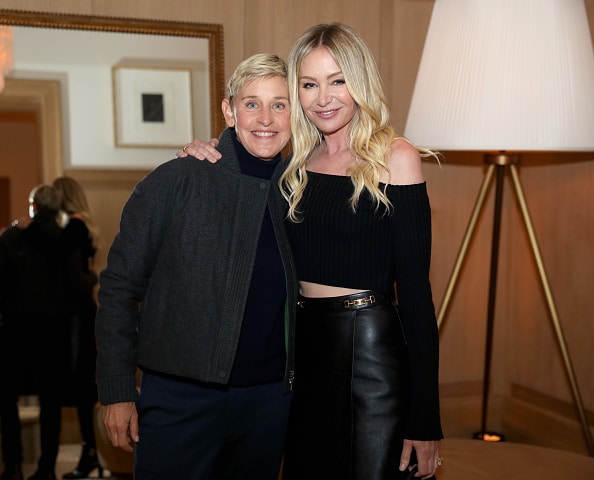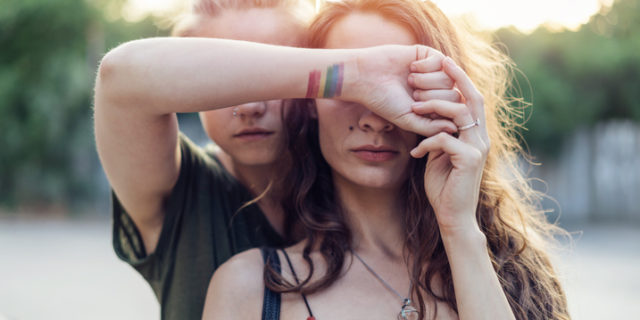
Social capital is not a tangible thing to define. It’s many things built into two words. It’s an aspect of the ways in which a lot of people live their lives, especially in this digital millennial age of shares, likes, and comments.
To break it down for you, I want to pull apart the two words before I really get into the core of what I’m writing about.
Social is defined as “relating to rank and status in society,” or “relating to or designed for activities in which people meet each other for pleasure,” and lastly “relating to society or its organization.”
Capital is defined as, “a valuable resource of a particular kind,” or “wealth in the form of money or other assets owned by a person or organization or available or contributed for a particular purpose such as starting a company or investing.”
When you put these words together, you have wealth relating to rank in society.
In the queer community — where many of us are marginalized in multiple different facets of sexuality, gender, race, class, disability — social capital is worth a lot. I would argue that social capital in the queer community holds so much value because we lack a lot of other forms of capital that are deemed “worthy” in our money-obsessed society.
In turn, our community inevitably centers around: who has the right contacts, who has the most followers, who is on the guest list, who takes the best pictures, who had the latest big publicity. It revolves around a popularity contest.
And while I definitely see the benefits of what social capital can provide someone who has grown up poor, queer, and disabled — I also see how it replicates the same system we, as queers, are often trying to dismantle. The same system that keeps so many of us down. People use their social capital to gain free access to events, which is vital as it’s so important for so many of us to be able to even attend community gatherings. Other people use it to uplift their peers — which is fantastic! We need more of this.
However, more and more often, I see queers high up in nightlife circles or with huge social media platforms and even digital influencers or models using their social capital to silently get away with abuse against those less well-known in the public arena of our community. I watch as they use their large social media platforms to tout radical politics — while at the same time emotionally abusing their partners. I see queer people rise up the ranks as well-known DJs — while also stalking and sexually abusing their partners. I hear about influencers promoting the latest cool queer brands online — while shutting their doors to people they deem “unattractive” and using their large platforms to make others feel small.
“It feels like we are turning on one another. We have become a culture that tears one another apart online, scares our peers into silence using vicious intimidation tactics, and without flinching an eye destroys each other’s reputations,” GO’s very own Executive Editor Zara Bara wrote in her piece about online bullying.
I also have personal experience with this issue. When I first came up in the queer scene, I started dating someone who is very well-known for their social justice digital persona and is on every guest list across queer nightlife. They were charismatic and fun to be around. But I quickly realized that they didn’t know how to respect my boundaries. Being so new to the queer community, I felt ostracized when it ended because I didn’t know anyone in the larger LGBTQ community who would believe me. I stayed silent about what happened to me and still to this day have only told my most recent partner about my emotionally abusive experiences with that person.
As a rape crisis advocate, the number of queer women coming to me anonymously with their stories asking for help or advice on how to seek accountability from their abusers is in the double digits. And the resounding truth that we all share is that we’re too afraid to speak out. We feel silenced by the way our larger queer community idolizes and uplifts our abusers for their own personal gain.
Even when survivors of abuse in the community do decide to speak out, what they often get in return is something along the lines of “Oh yeah, that’s just how so-and-so is. You should probably avoid them.” Or when we ask for help in having our abusers take responsibility for their actions, the response is often “I just don’t feel comfortable with that because I don’t want to not get invited to their parties or get trolled by their Facebook followers.”
What I’m trying to say here is that people care more about their own social capital than calling out abuse. And the LGBTQ largely ignores issues of abuse within our own community.
“We poke fun at ourselves by using these types of terms, but this language makes light of the extent to which emotional abuse remains an unspoken issue in queer communities. Dressing it up as “girl drama” or “dyke drama” magnifies the problem by masking the seriousness of the situation and turning emotional abuse into a normal part of how girls and women are supposed to relate to each other,” writes Shannon Webber in her article Signs the “Drama” in Your Lesbian Relationship Is Abuse. If we conflate abuse as drama, how can we talk about these intricacies and understand when something is drama or serious abuse?
Gabriella Meghan, a survivor of emotional and sexual abuse, spoke to me about her own experiences with this. “Social capital is an obscure idea that we become obsessed with at a very young age. Who has the most friends? Who is popular? Who has all the contacts? When I told our mutual ‘friends’ about my experience, and when some even witnessed it, and they still chose her ‘friendship’ over believing me, helping me, or simply listening to me, I felt lost. I felt like her actions were justified and that maybe the way she was treating me was ‘normal.'”
Domestic and intimate partner violence are clearly problems in our community that we aren’t talking about. The National Violence Against Women Survey found that among women who reported cohabiting with a female partner at some point in their lifetime, 39.2 percent had experienced rape, physical assault or stalking by an intimate partner, compared to 21.7 percent of women who had cohabited with men only.
These numbers show that what I’m writing about here isn’t just specific to the queer community I’m a part of. This is a persistent issue our community at large, needs to face. And this phenomenon of using social capital to manipulate just might be one of the reasons why intimate partner violence is so much higher in lesbian relationships.
My concern is that when we place people on a pedestal, they become untouchable. We fill people with a celebrity-like glow that has them believe no one will question their actions or words. People hear murmurs about what happens behind closed doors but no one will take action. One of the most recent survivors of abuse I spoke to Sara*, told me that she has an ex who will ban people from parties if they speak out about her abusive dating patterns.
That is an action that is too often taken to ostracize people in the community — when someone has the power to blacklist whoever they want, for whatever reason, they do so liberally. This manipulation and abuse of social capital persists beyond sexual and romantic relationships. I spoke with Marina* who hung out with a popular queer nightlife promoter a few times but after having a negative experience with her, didn’t want to be friends with her anymore. However, Marina* didn’t know how to navigate not being friends with this person because she didn’t want to get shut out of every party she loves to go to.
Our community is small and there are only so many parties and events to attend on any given weekend. When the same core group of people and influencers run these circles, they get authority over who is welcome and who isn’t. I take issue with this because the LGBTQ community I craved when I first came out was one of inclusivity. One where we could gather in the same room, put our arguments and exes aside, and unite because at least we had each other.
And yes, caring for one another also includes being responsible and accountable for our f*cked up actions.
I would argue that if we are going allow social capital to be such an all-consuming facet of our community, then we also must have conversations about taking responsibility for our actions. What would it look like to hold people accountable for their actions? How can we grow as a community to discuss the difficult aspects of abuse and what it looks like in queer relationships?
“By acknowledging and holding these individuals accountable for their actions we have a better chance at change. If a victim asks for help, don’t turn them away. Being there for the victim is the first step to holding the perpetrator accountable for their behavior. Vocally and visibly let these people know that you don’t condone their actions. Lastly, God forbid you witness something, and the victim asks you to make a statement to authorities… do it. Don’t say you ‘don’t want to get involved’ or ‘get in the middle’ or lose a friend,” Meghan tells GO.
This advice can be applied widely across all situations. Is there a nightlife promoter, influencer, or social media platform who you heard say something racist? Talk to them and let them know that’s not OK. That they need to (and can) do better for the QTPOC in our community. Have you seen a door person be transphobic? Say something and give them tangible suggestions for how they can be more supportive of trans and gender nonconforming people. Do you have a friend who you’ve seen abuse their ex? Have a conversation with them and if they don’t change, let them know you’re not OK with that behavior and you won’t be their friend anymore (yes, even if that means you won’t be invited to their parties).
Within all of these examples is the opportunity to grow together as a community and further the impact we have when we show up and support each other. Because even now, writing this article, I am too afraid to name names or get specific about the abusers I know because I don’t want to be shut out of the community I love so dearly. And they have the power to do just that.
Corinne Kai is the Managing Editor and resident sex educator at GO Magazine. You can listen to her podcast Femme, Collectively or sign up for her witchy wellness newsletter or just stalk her on Instagram.




